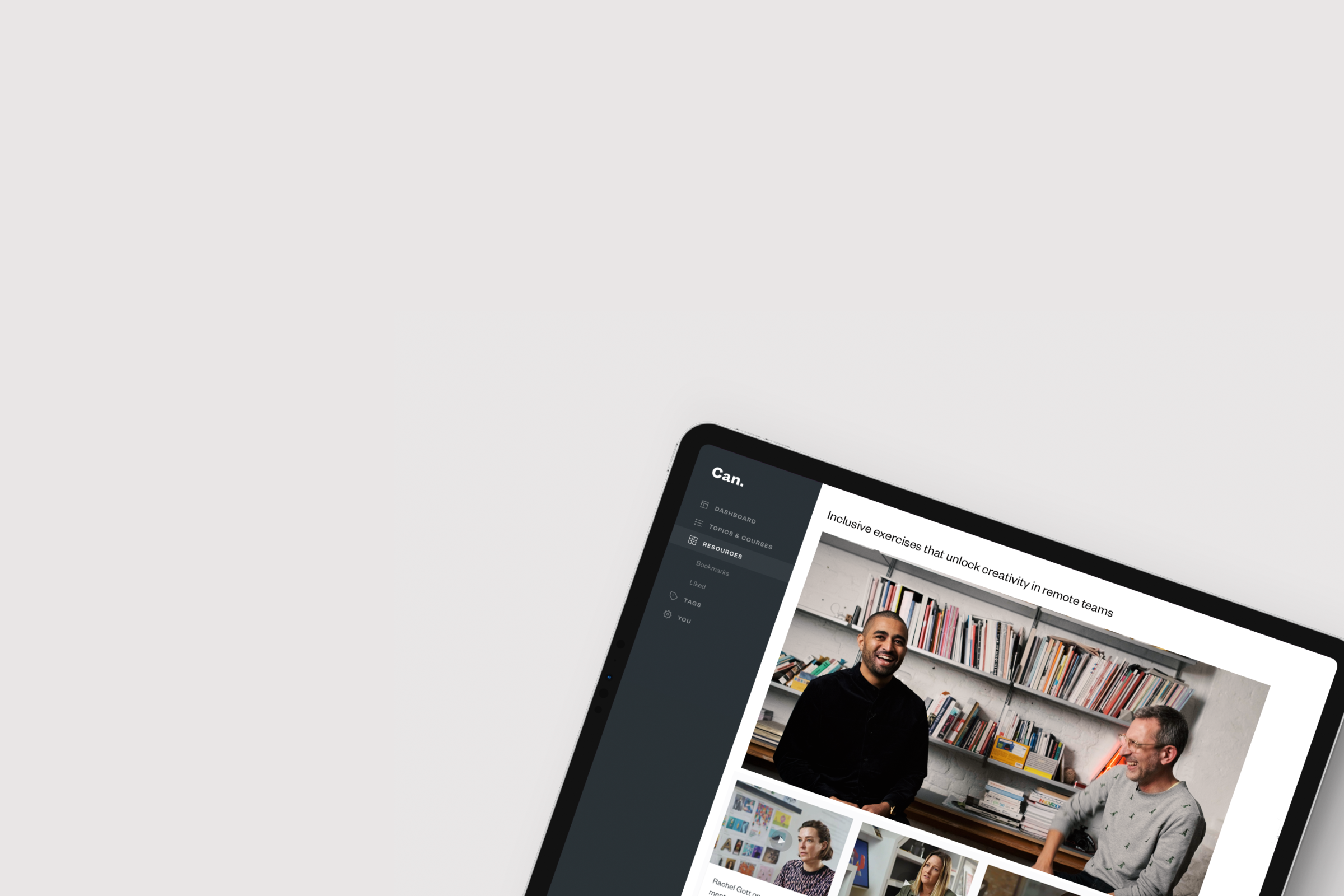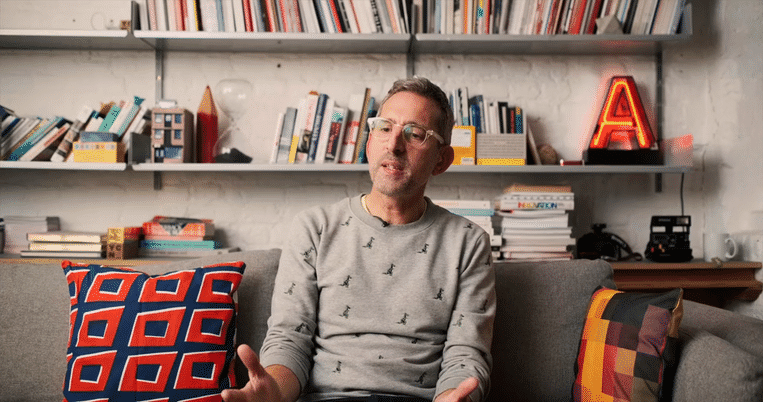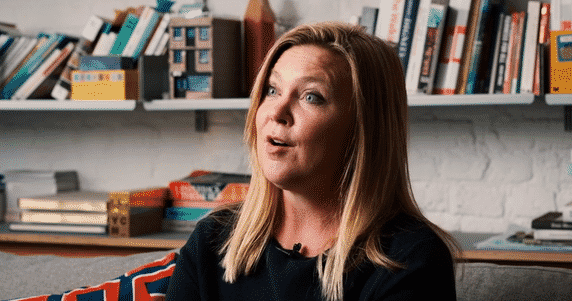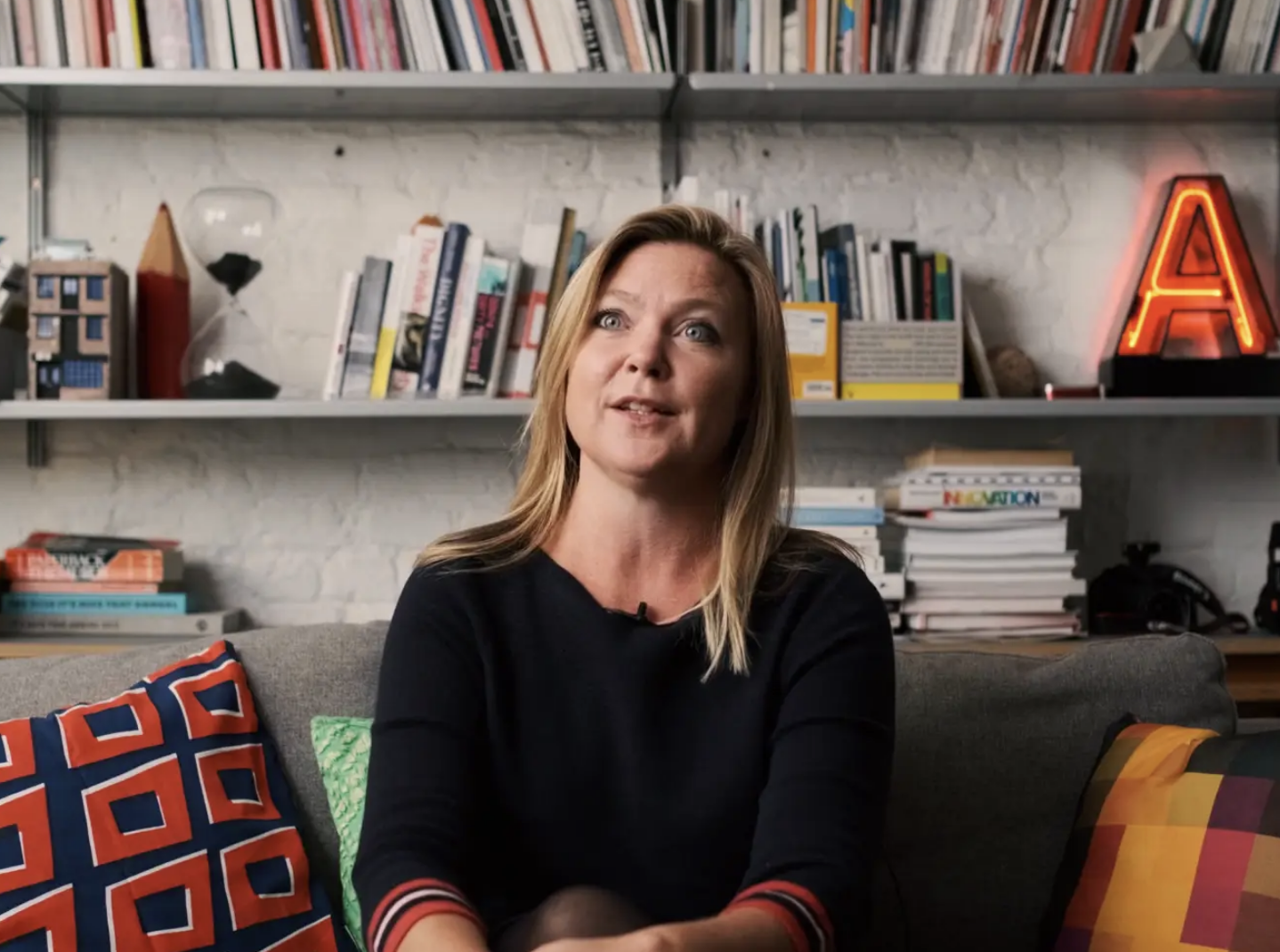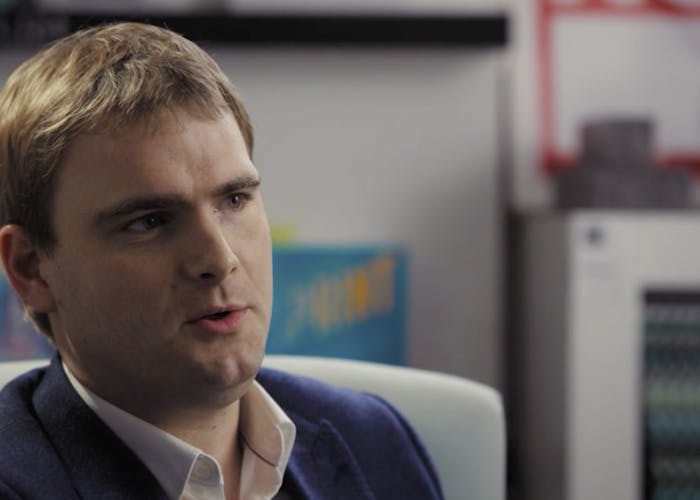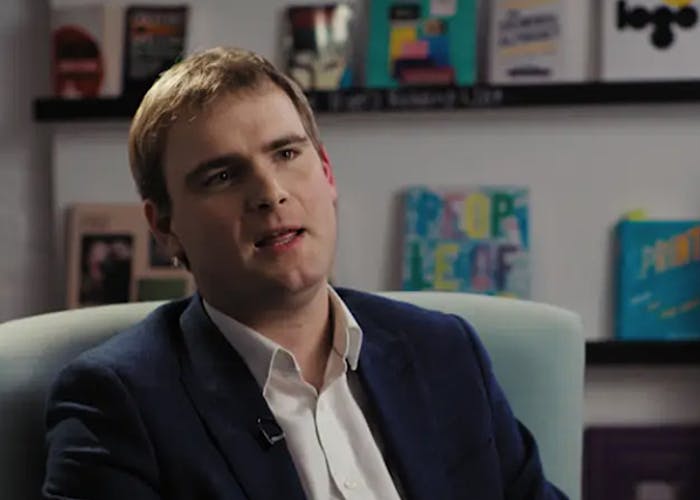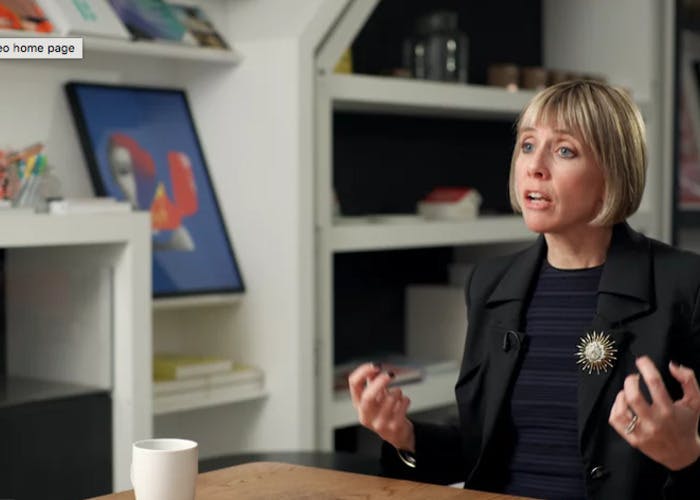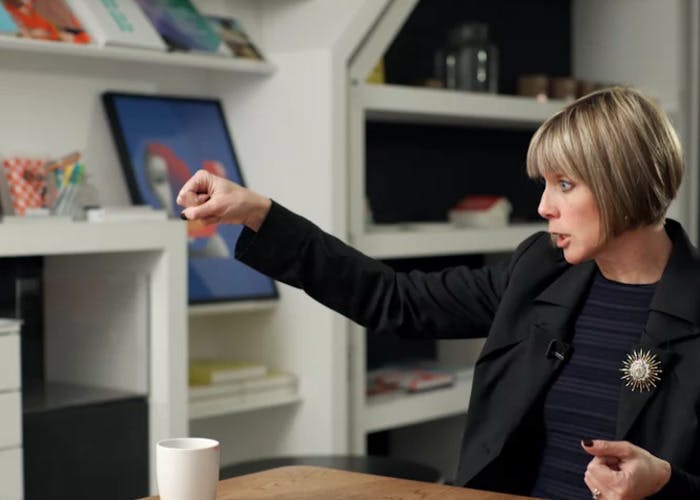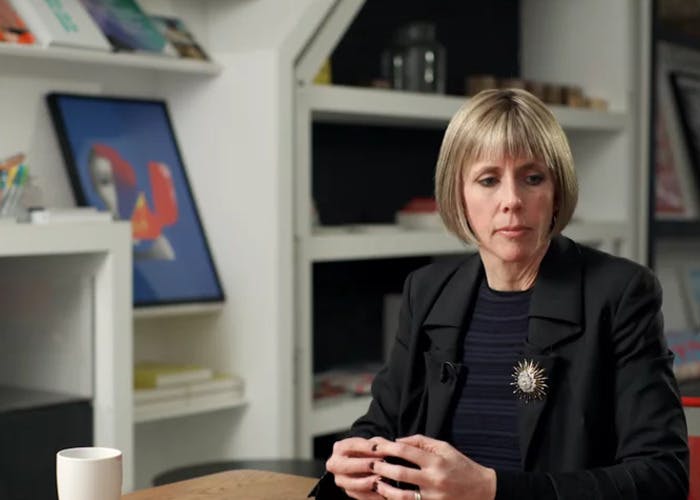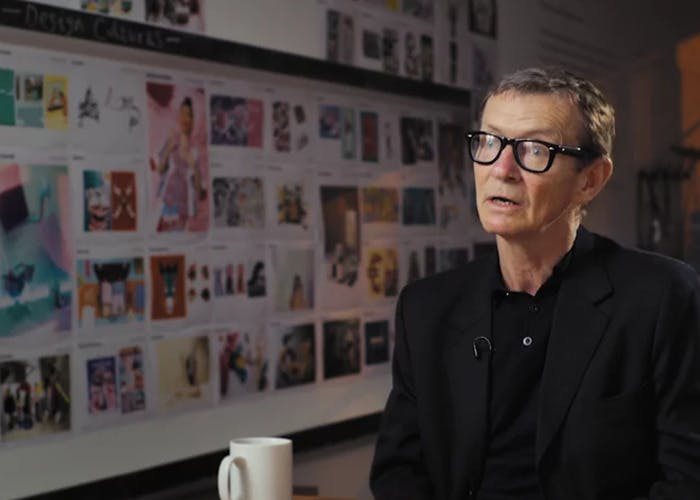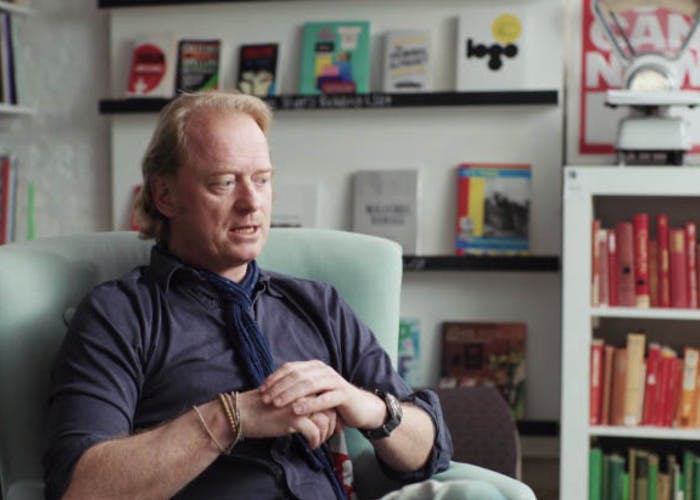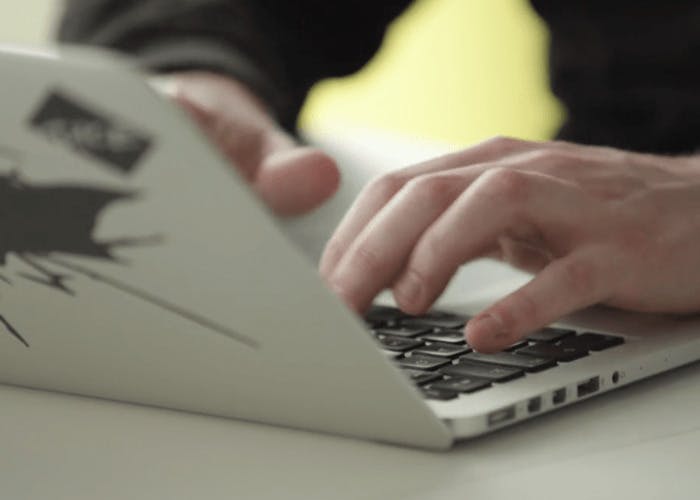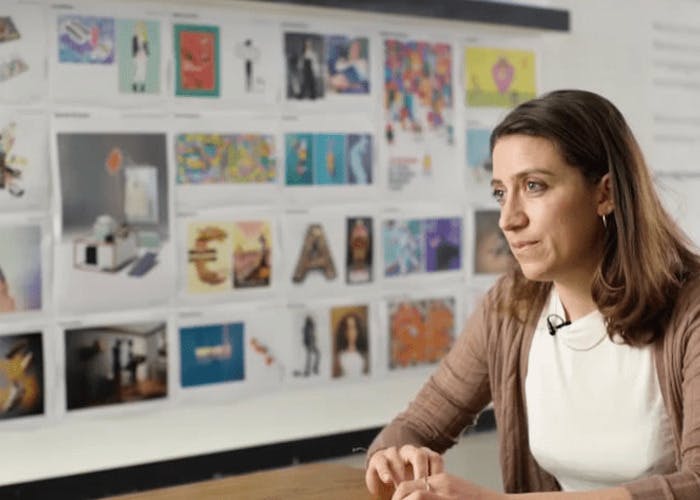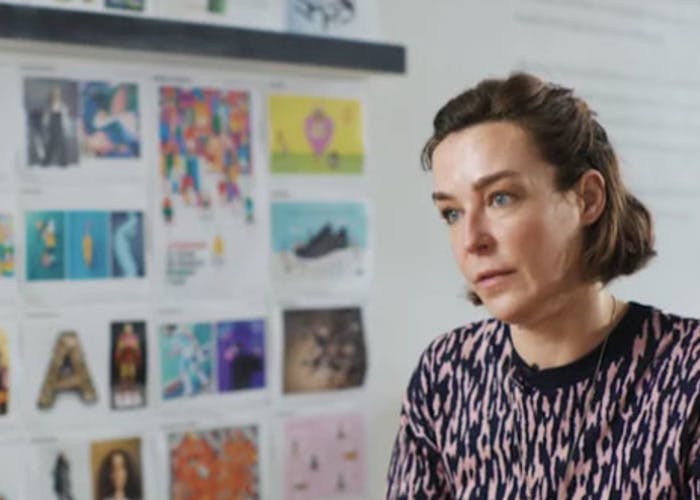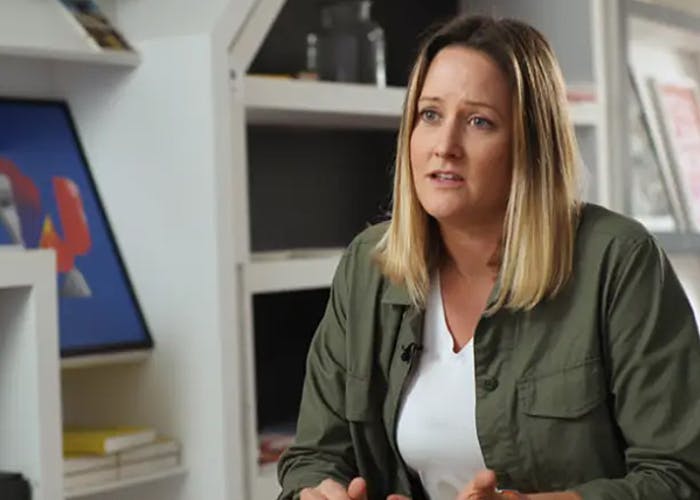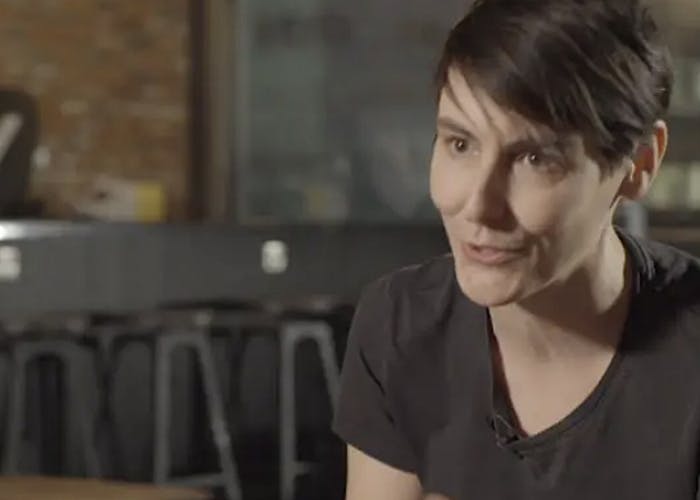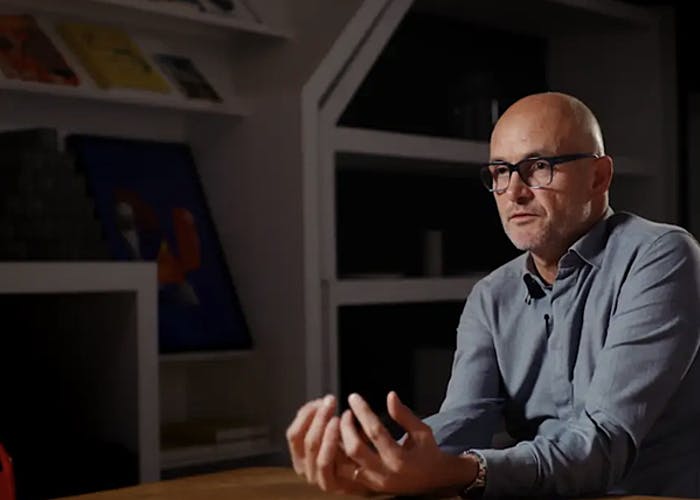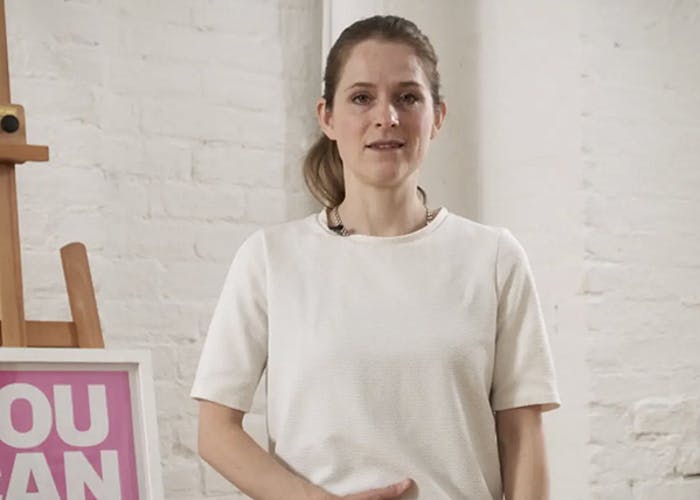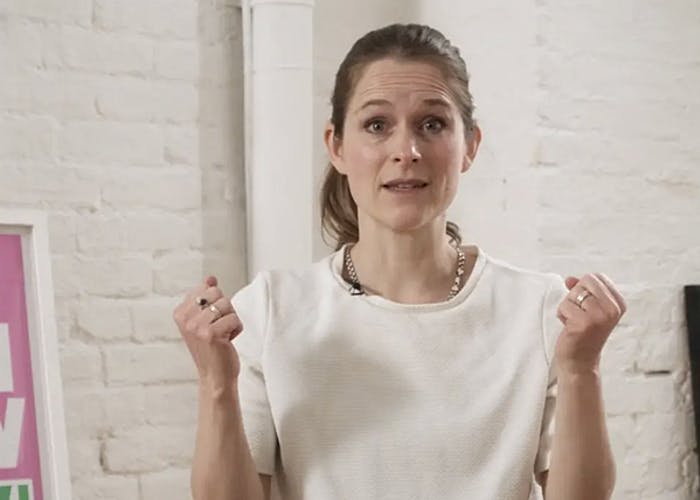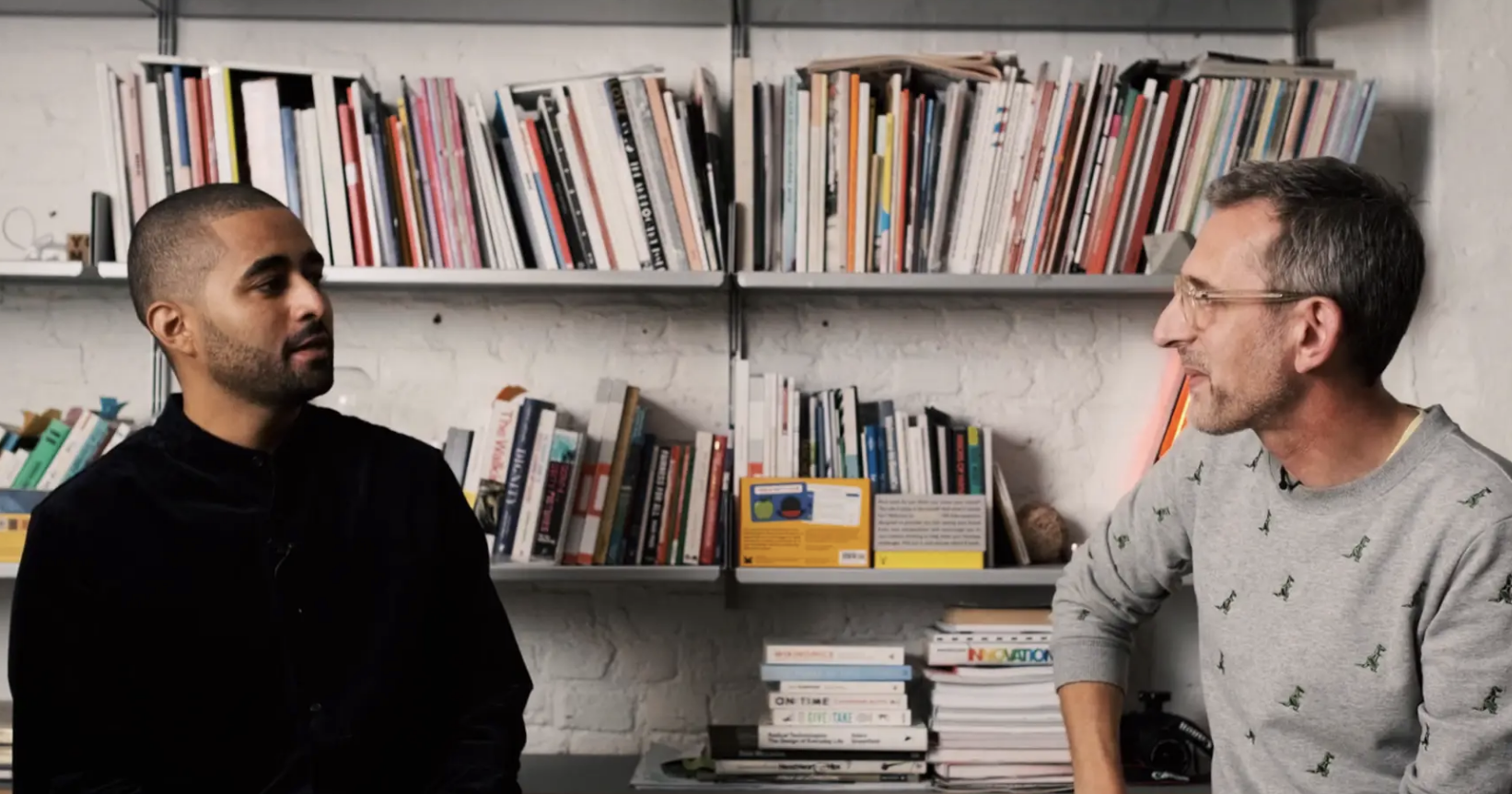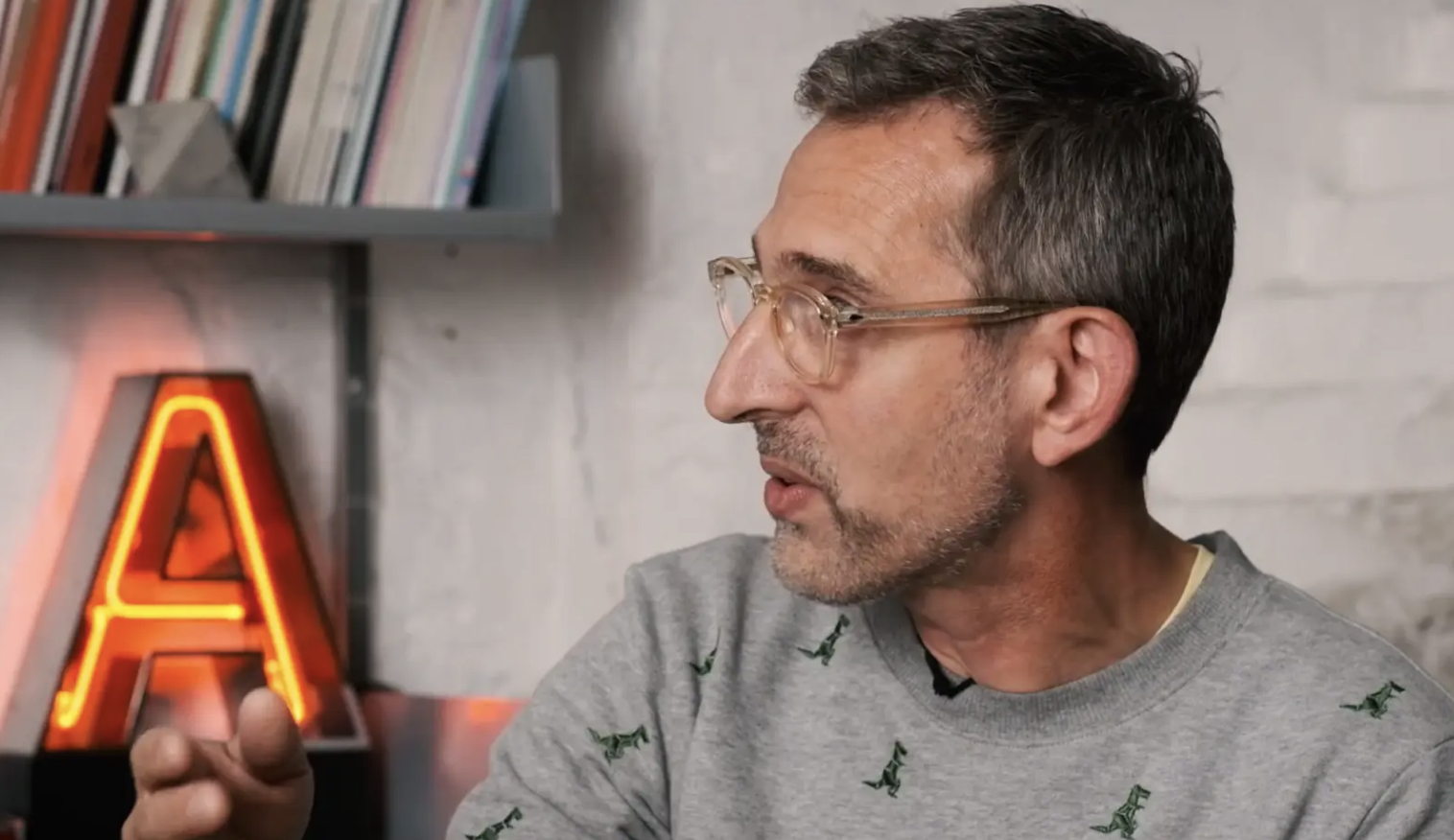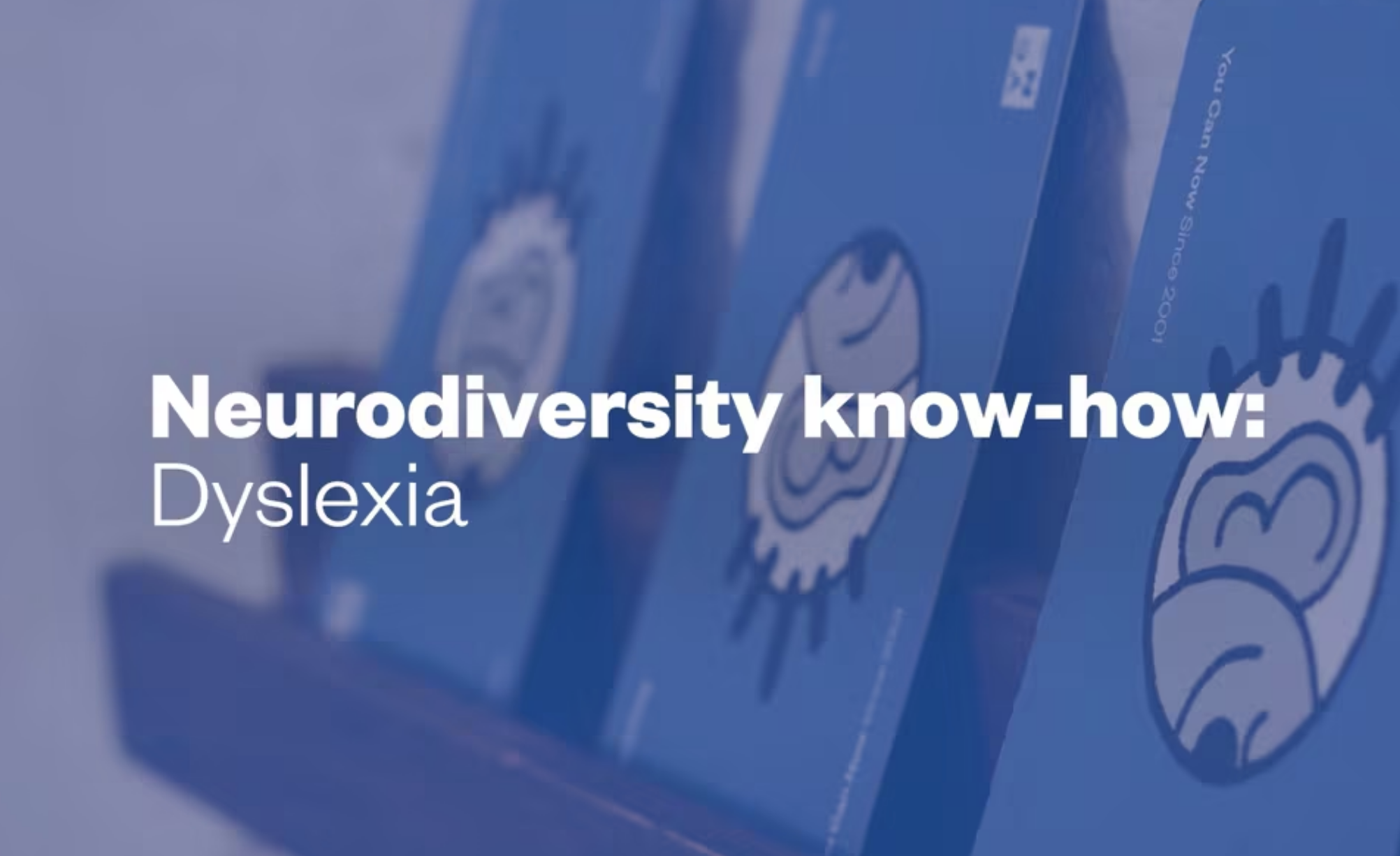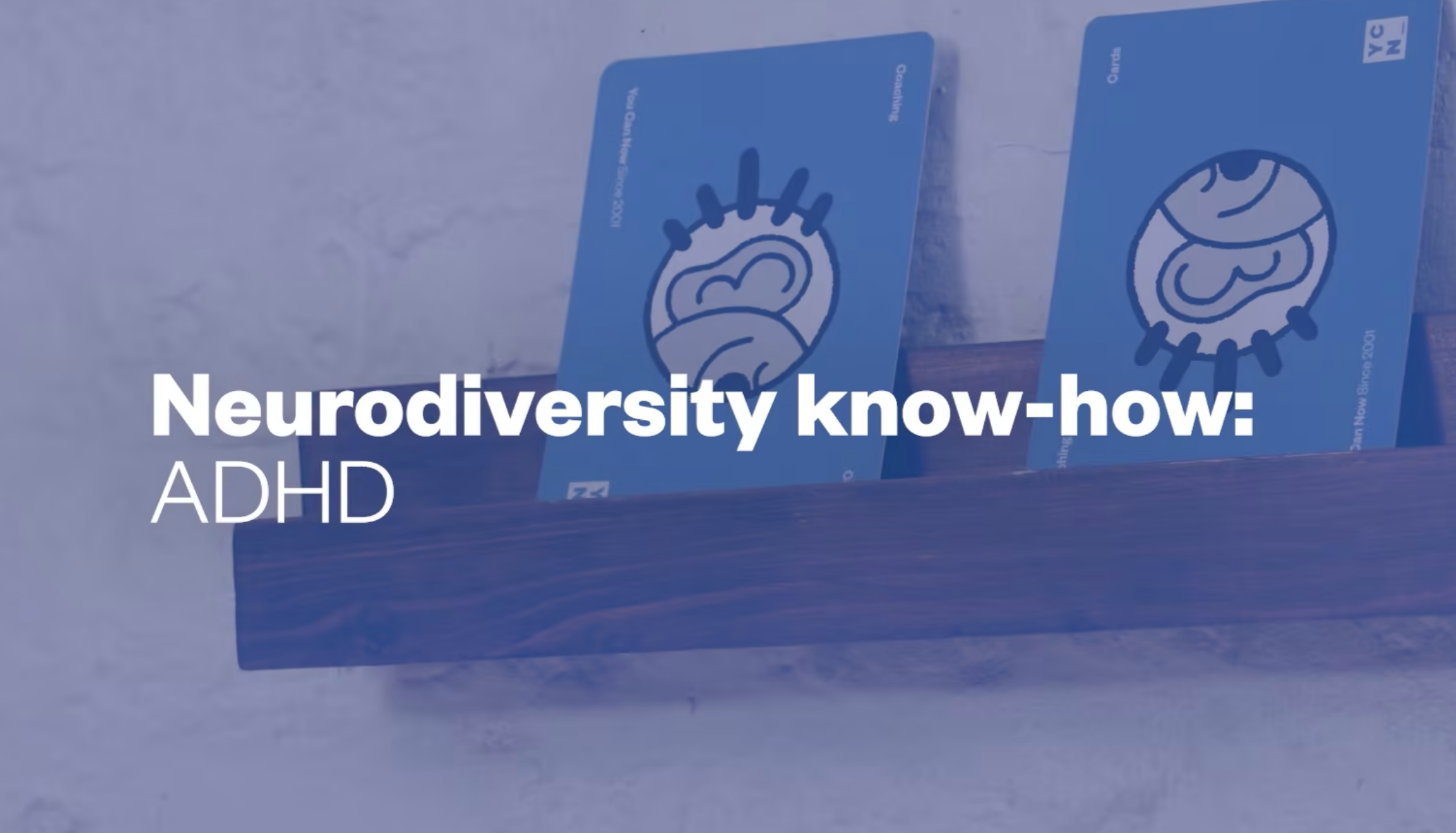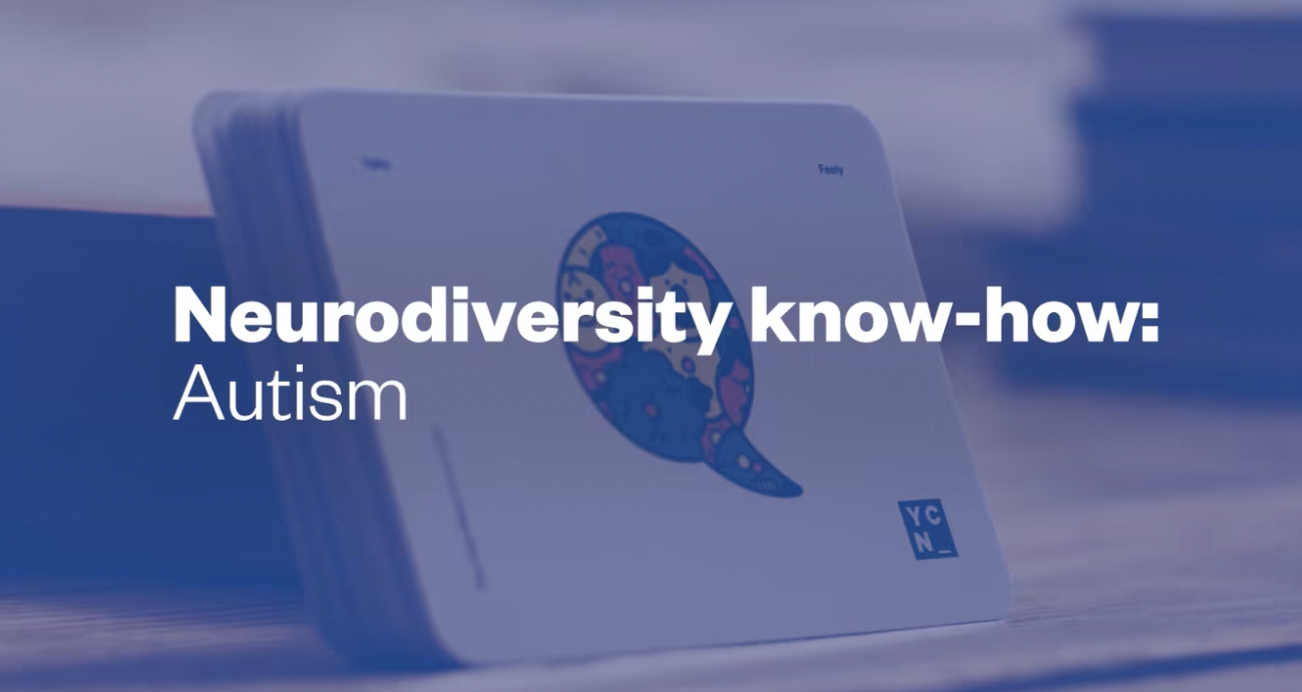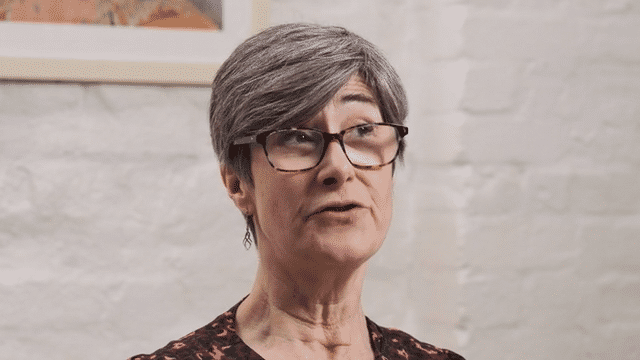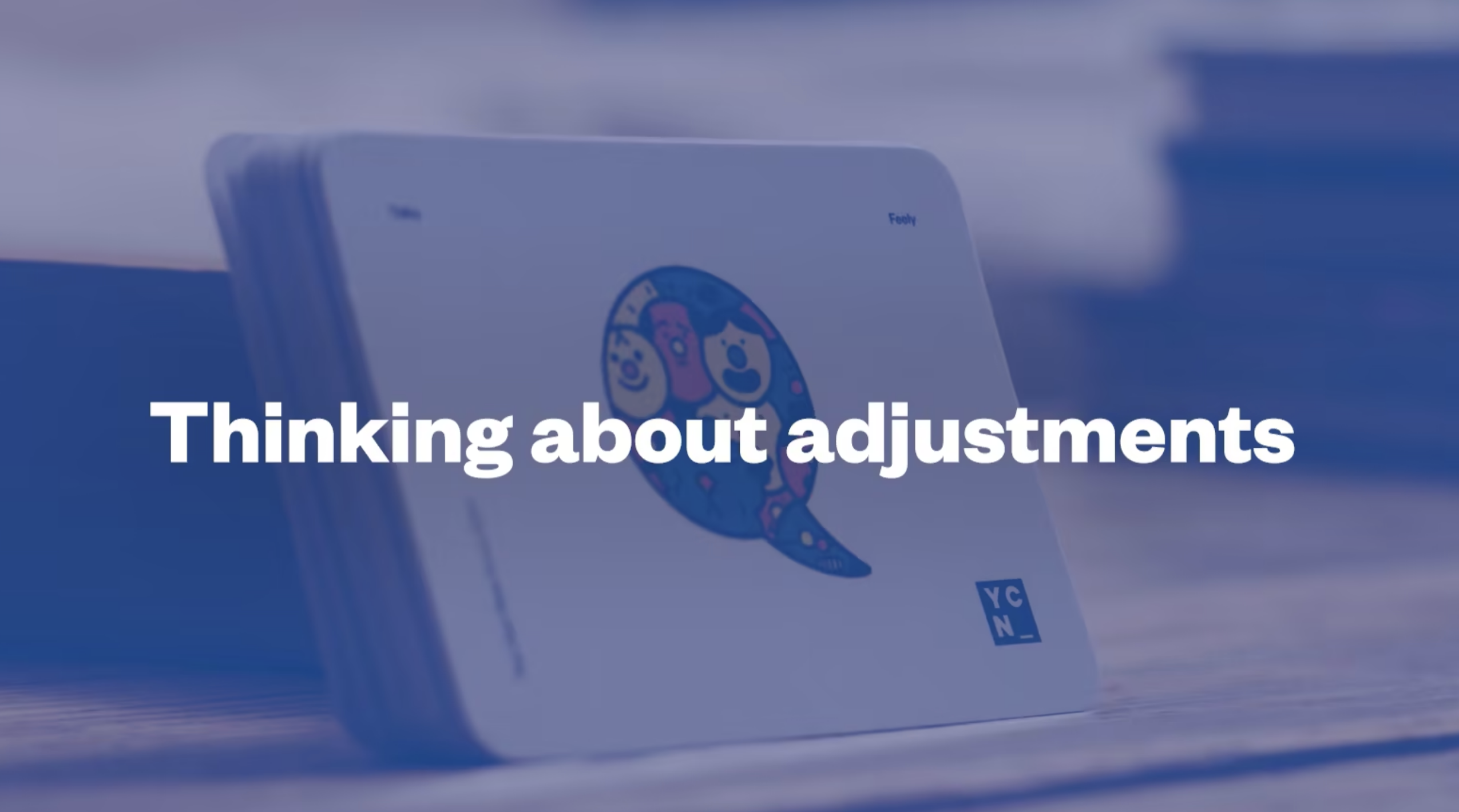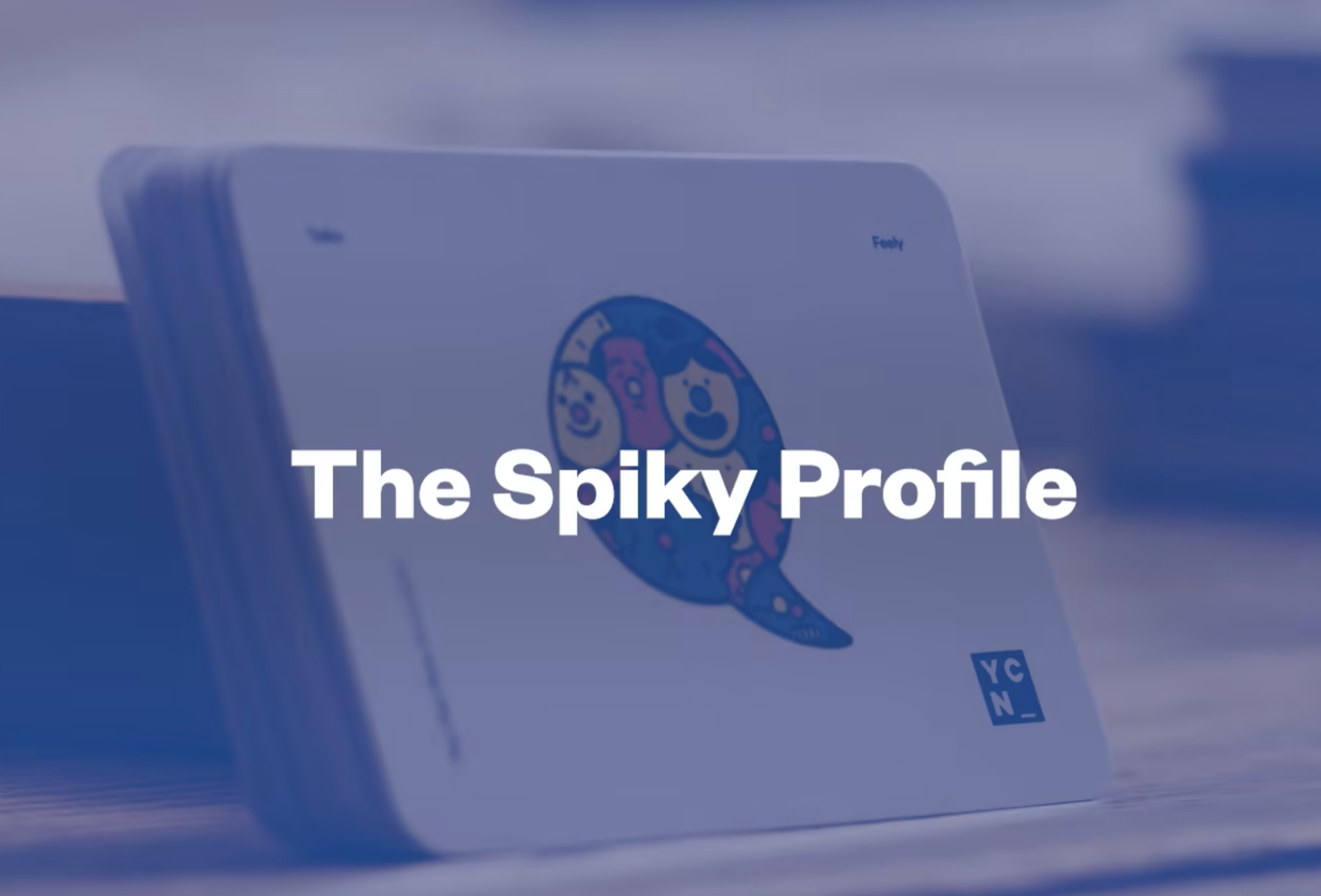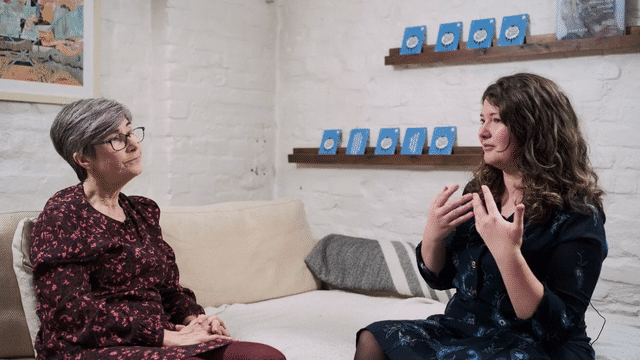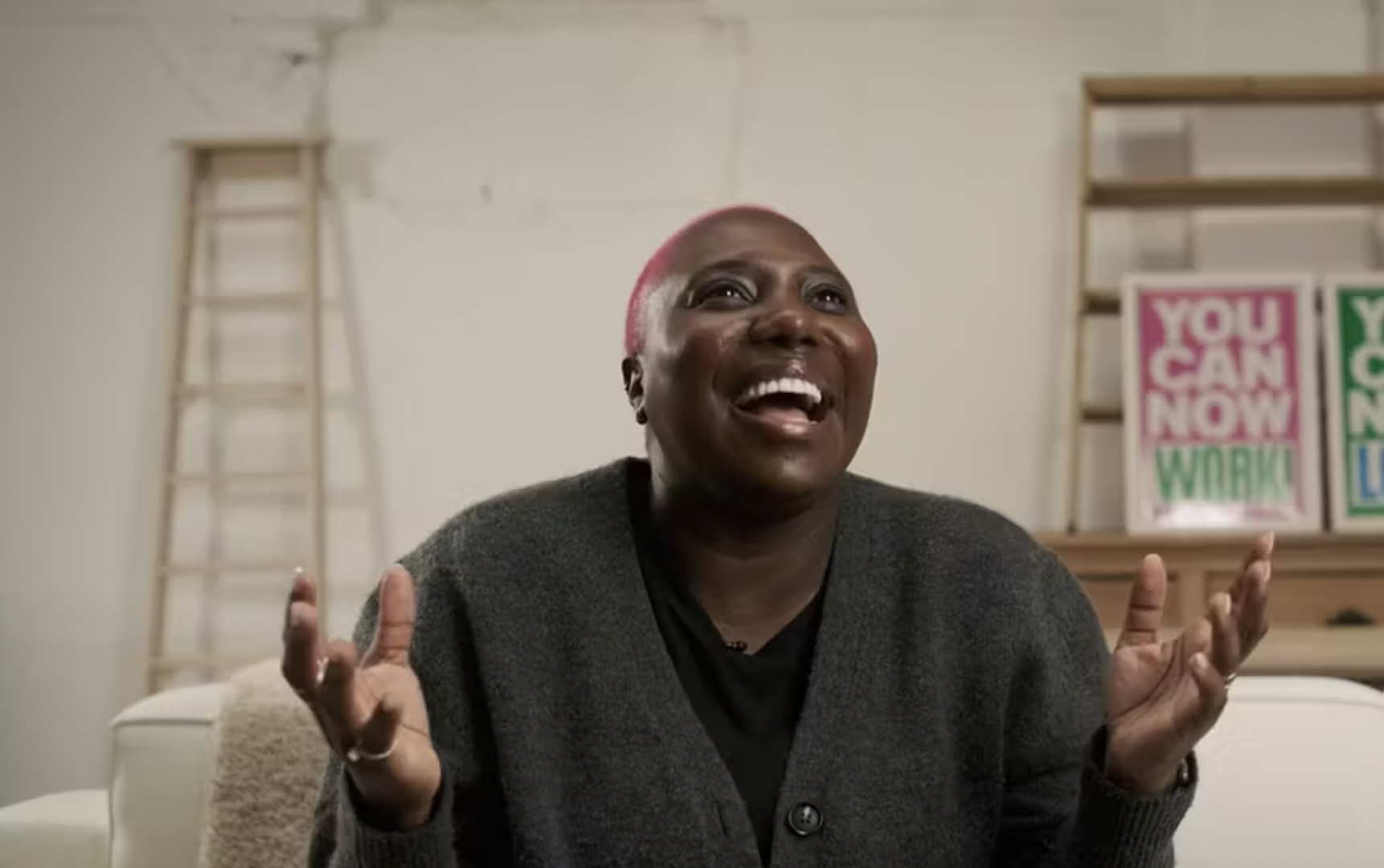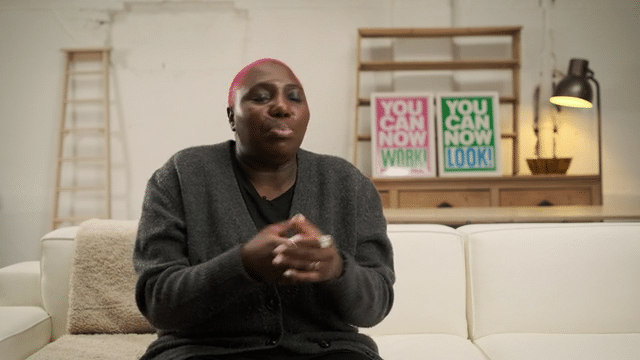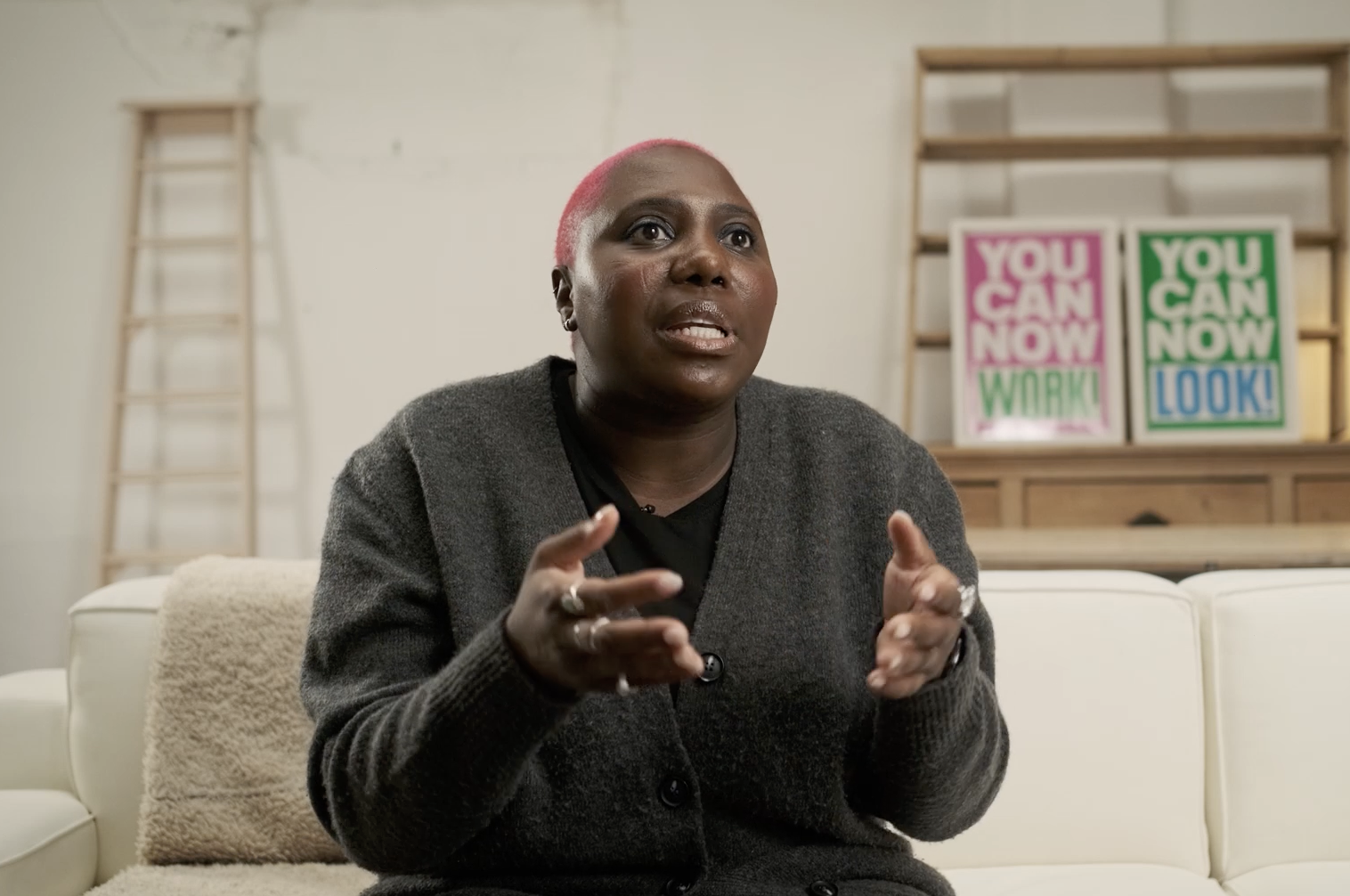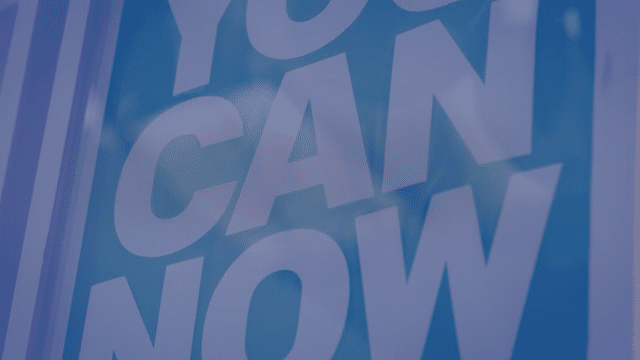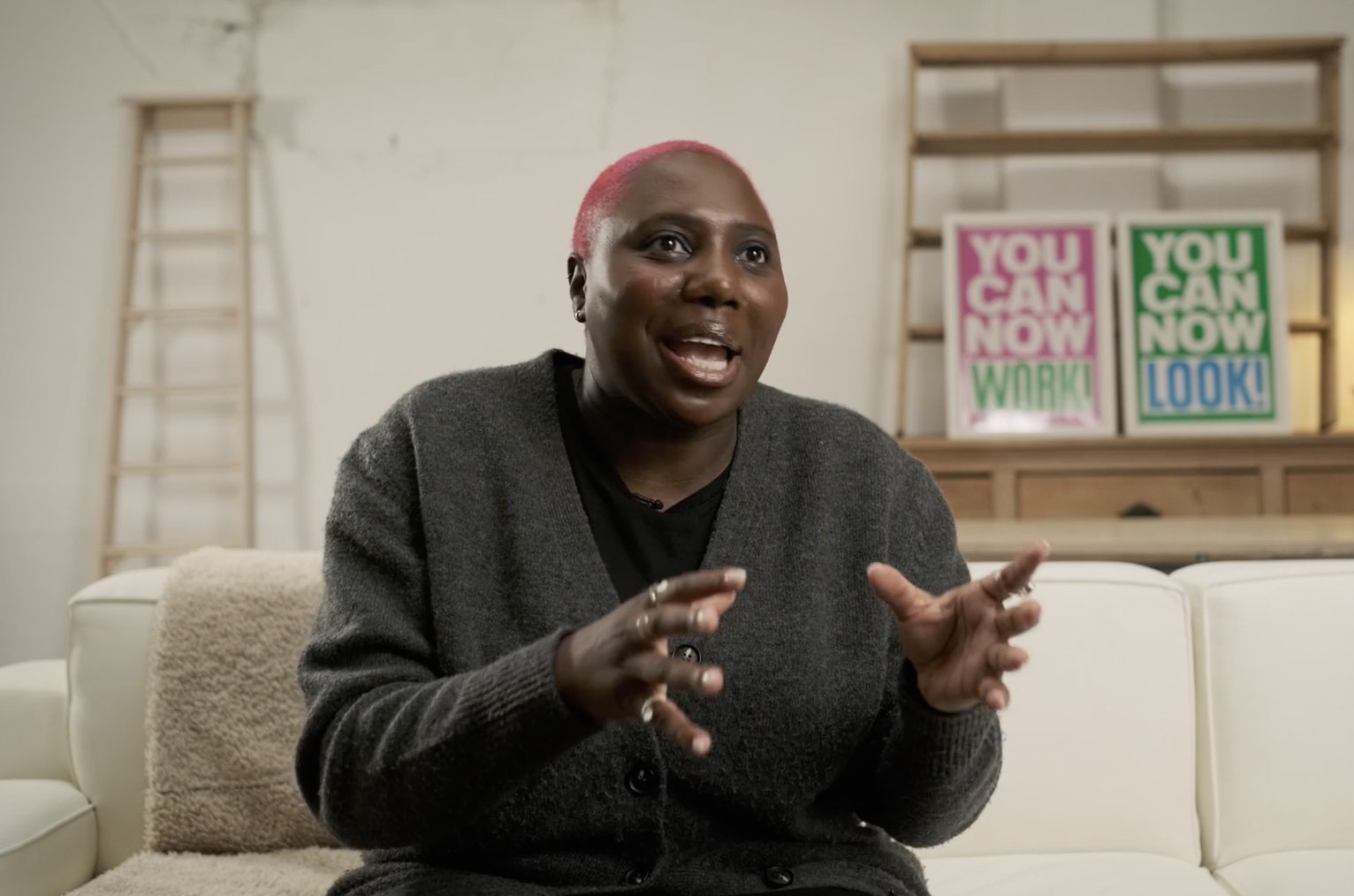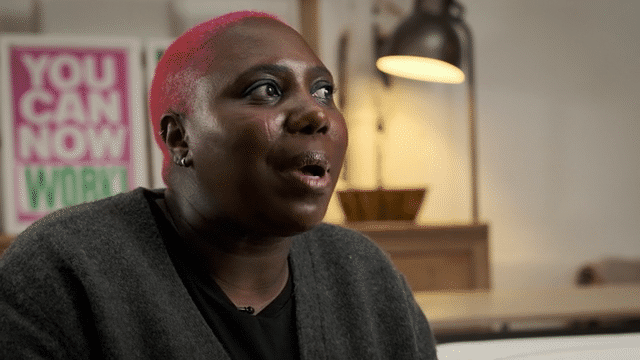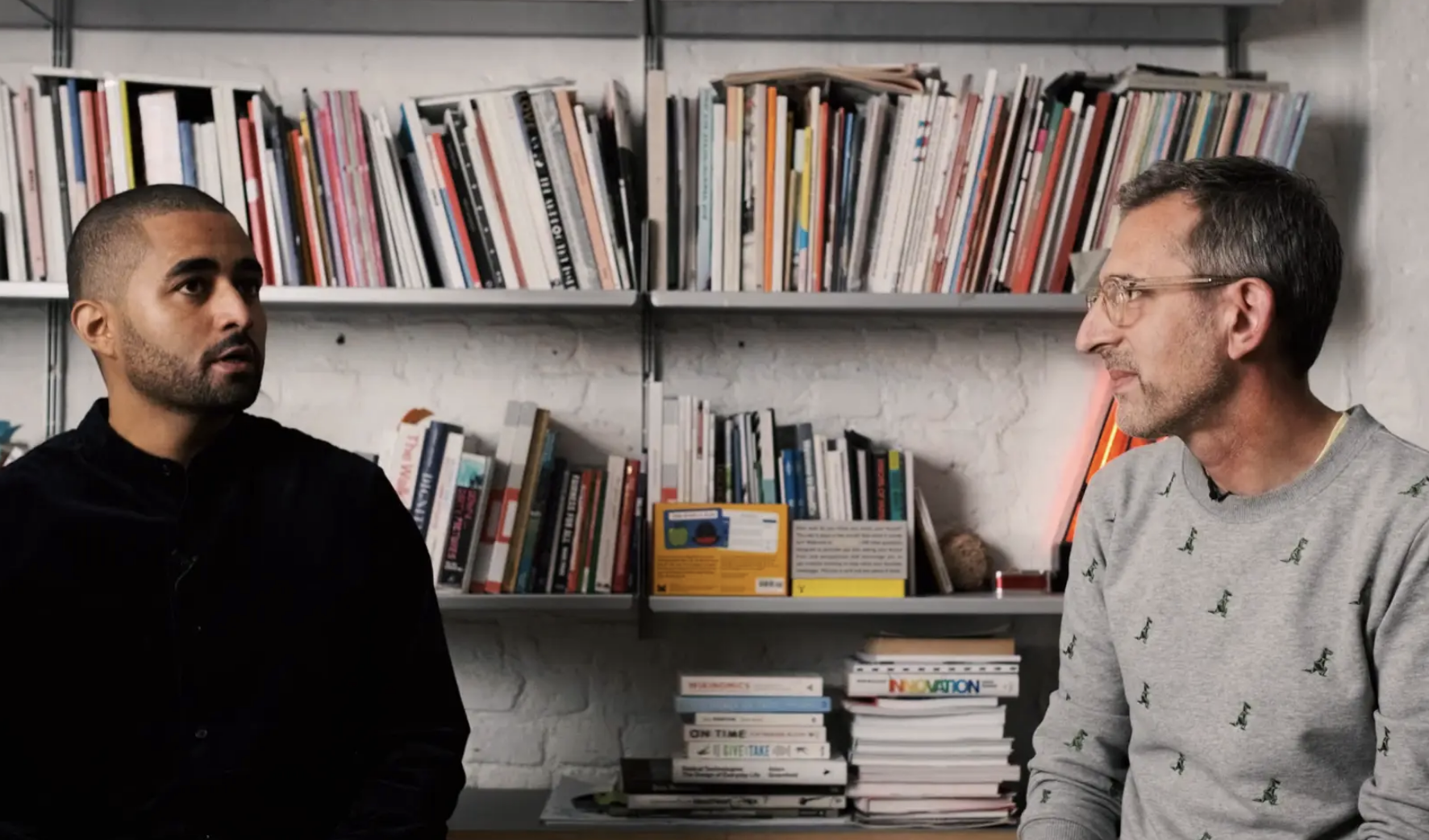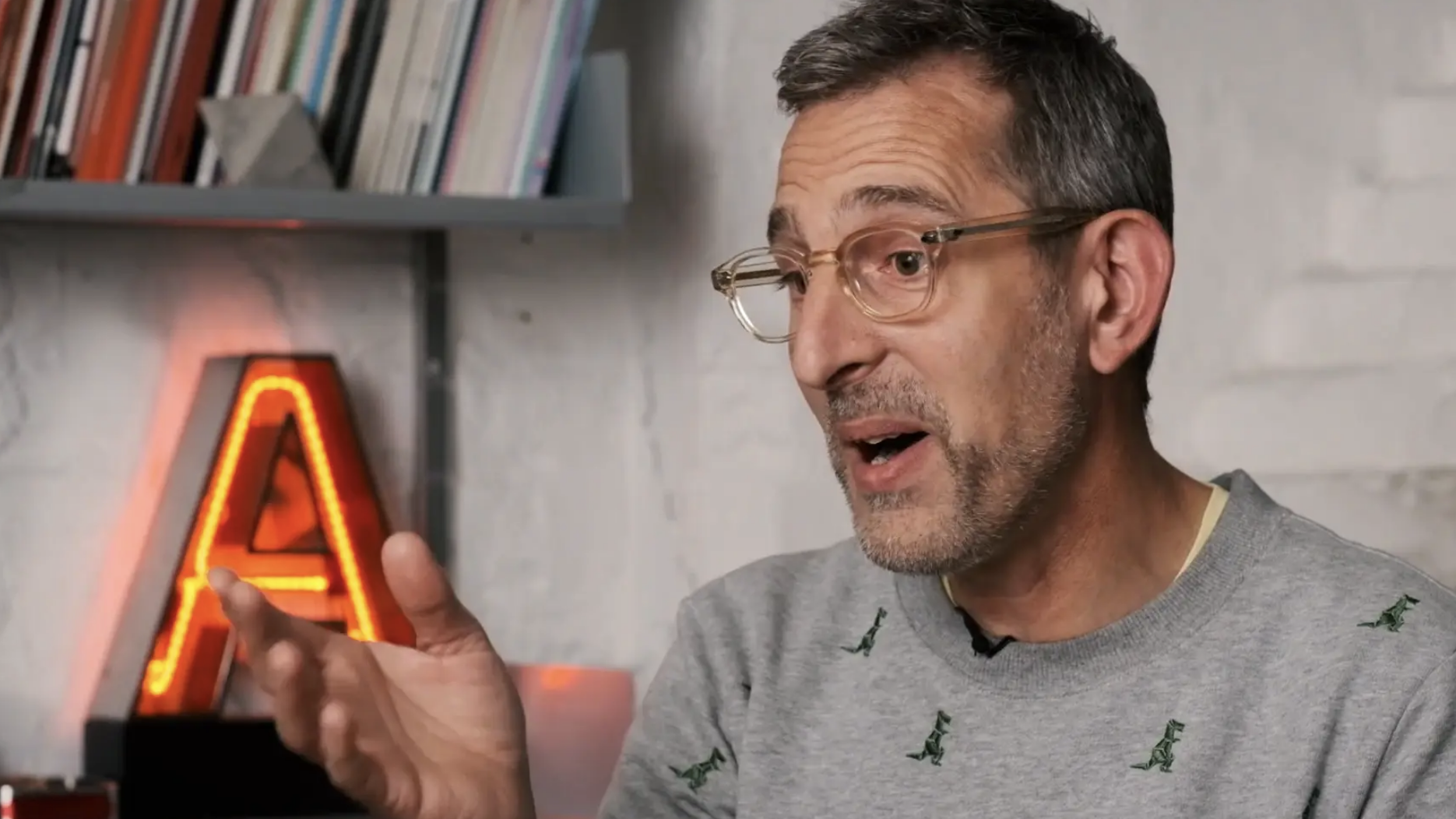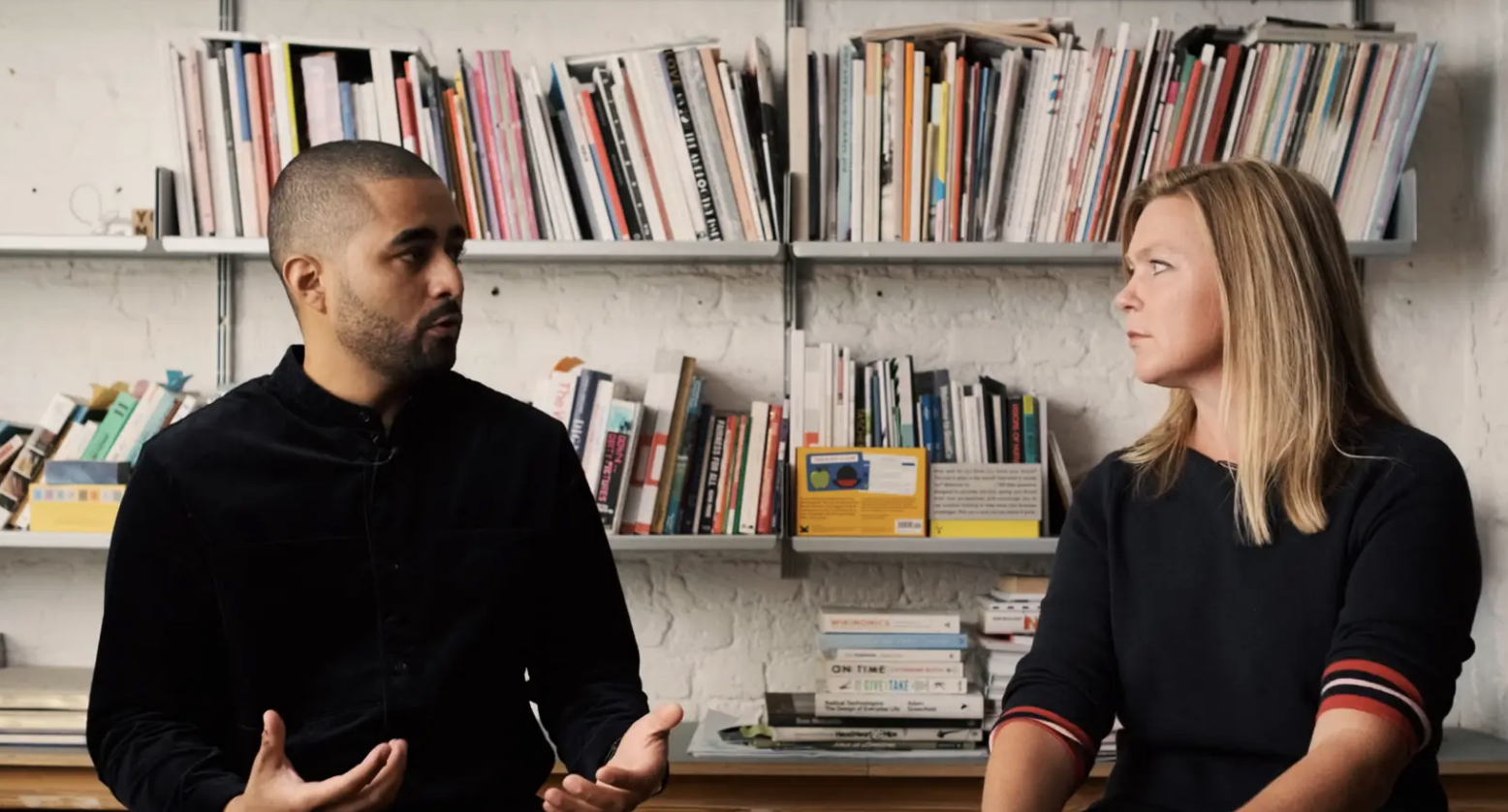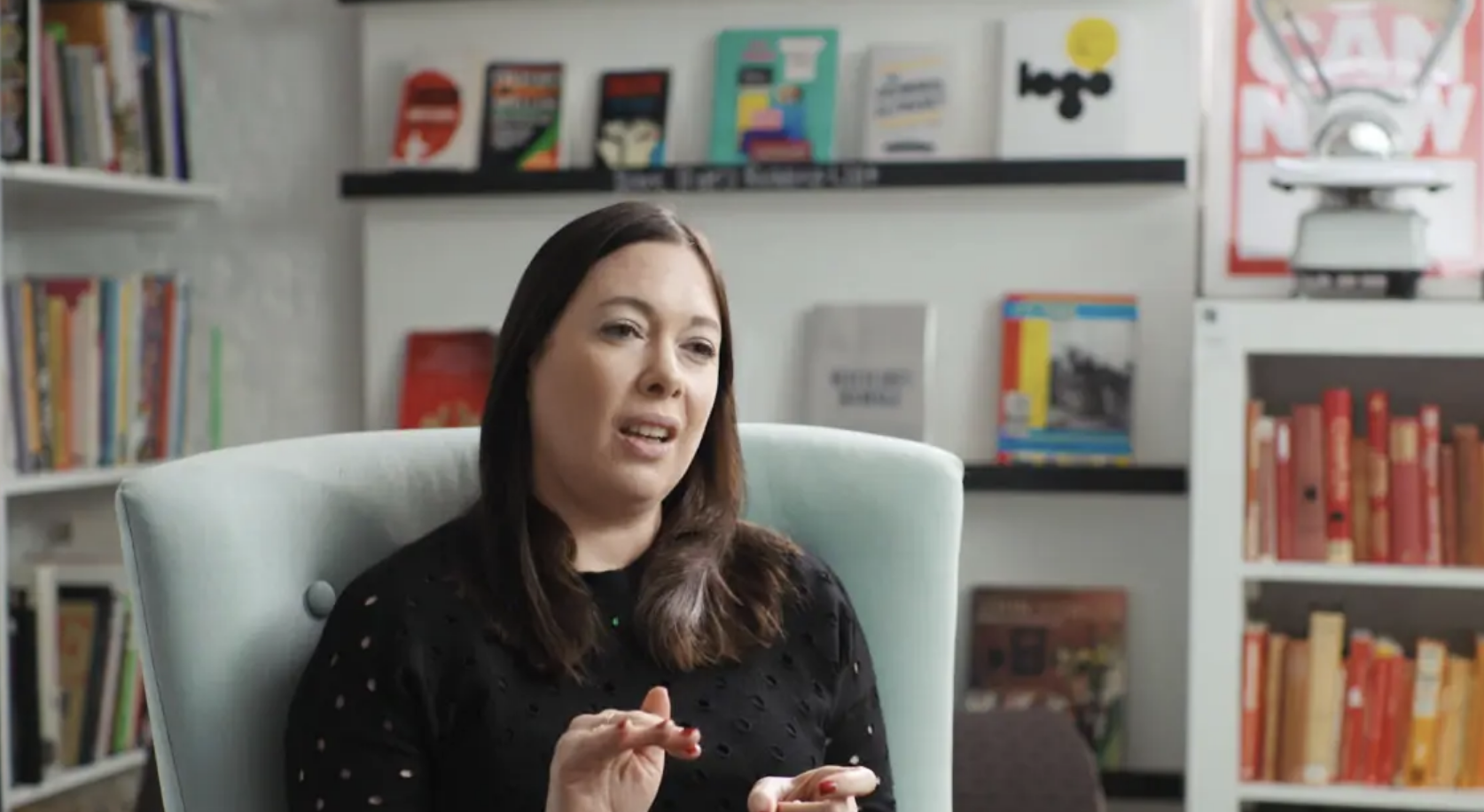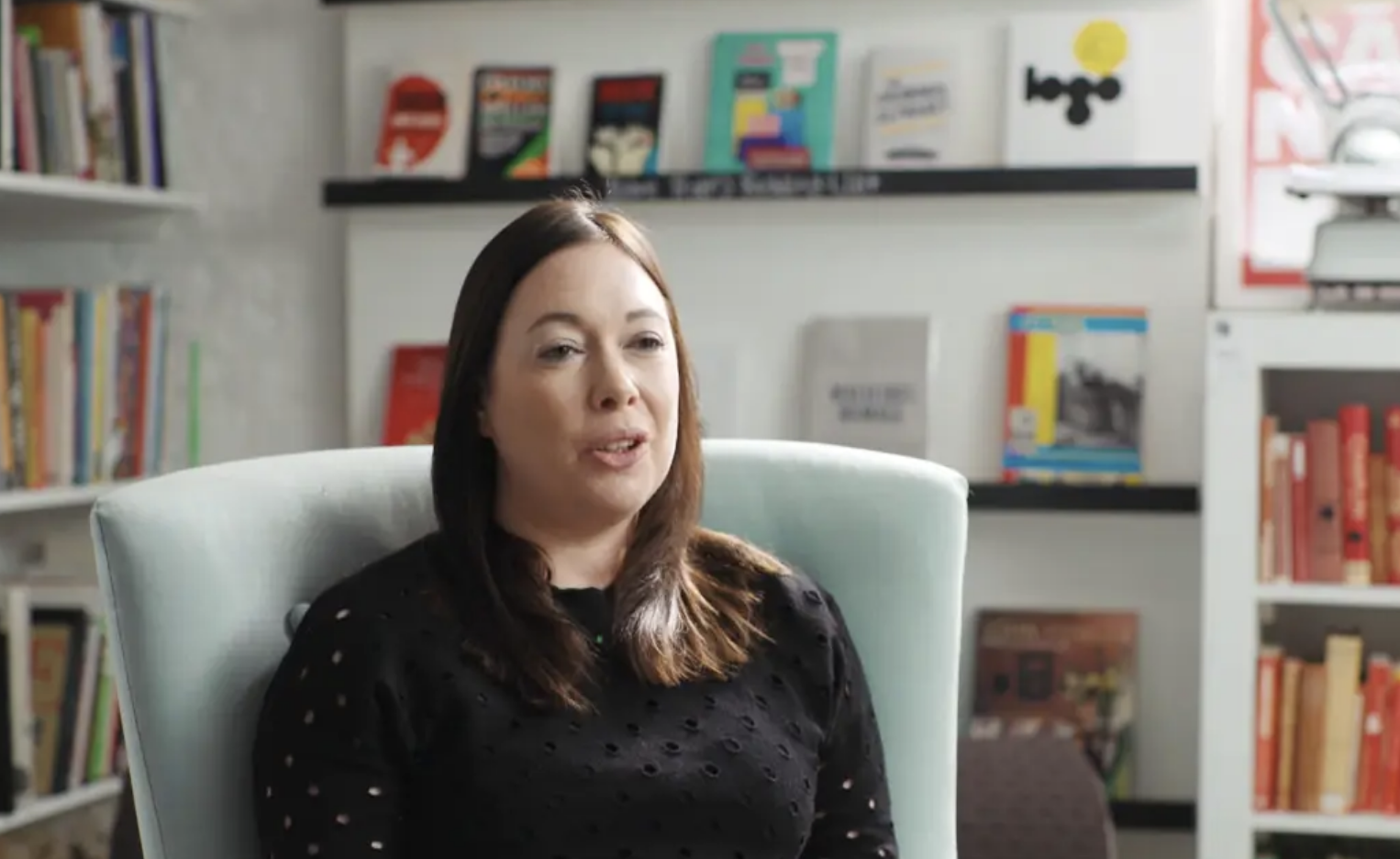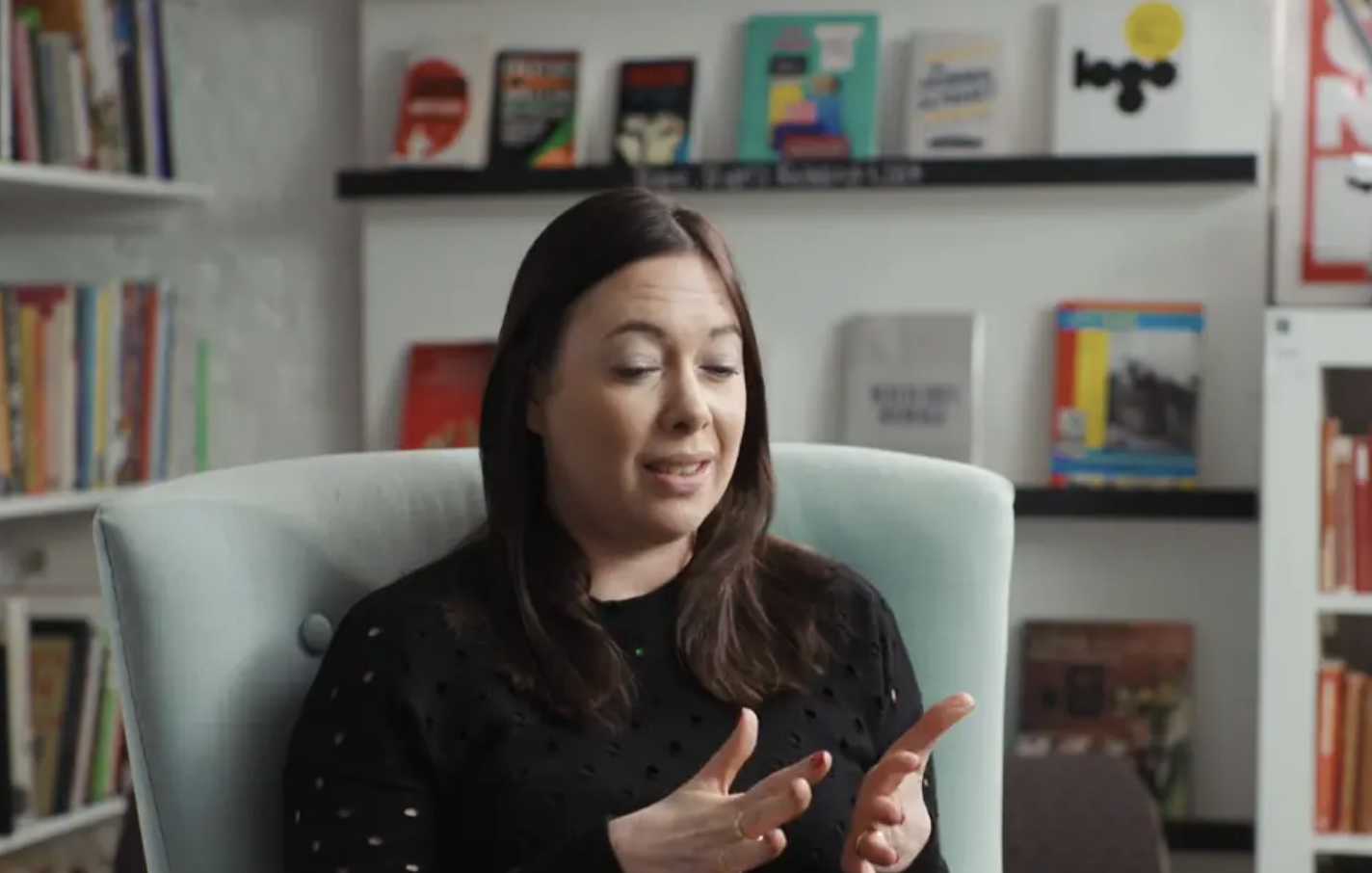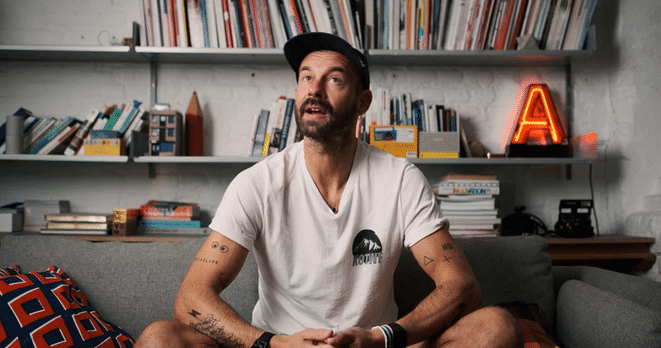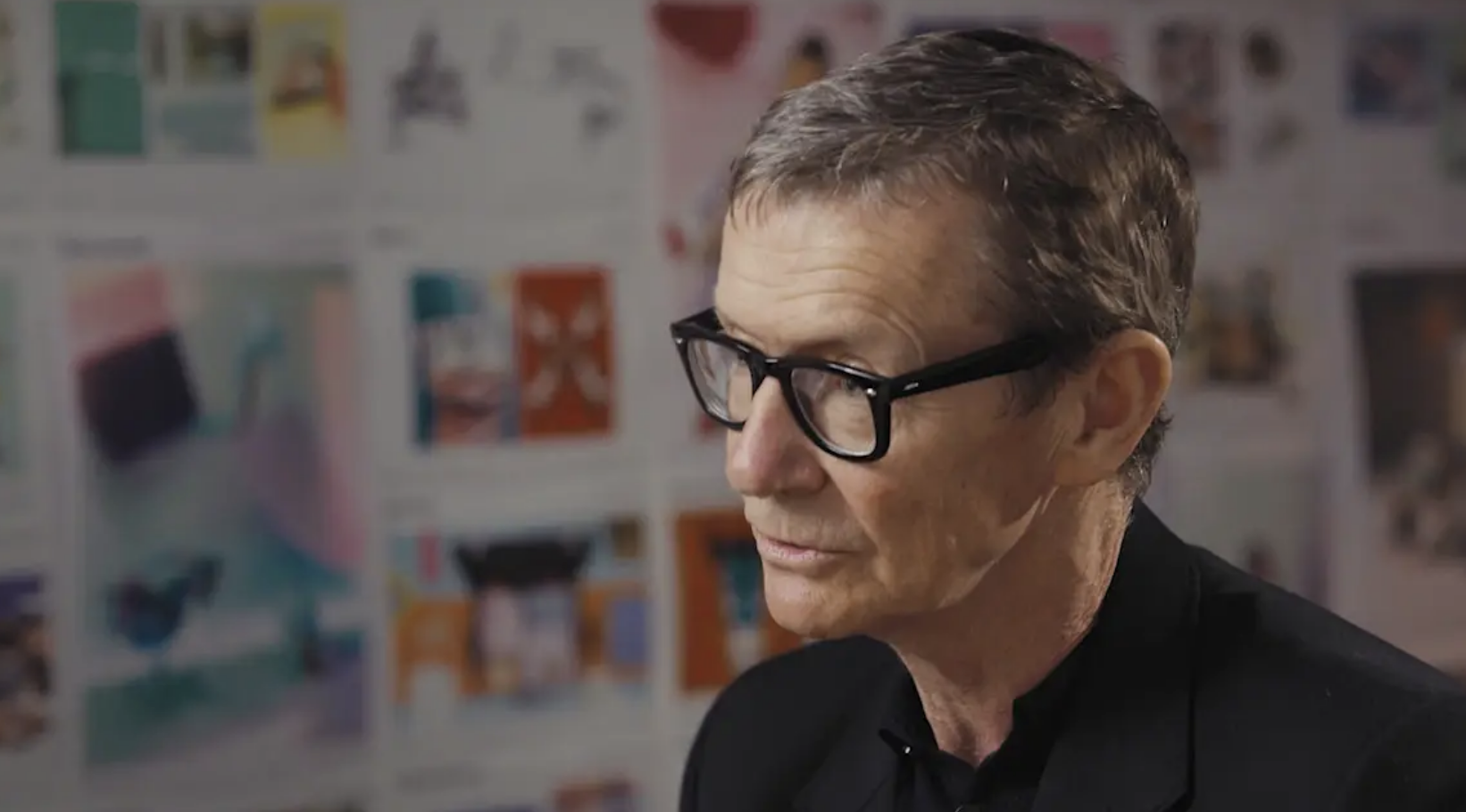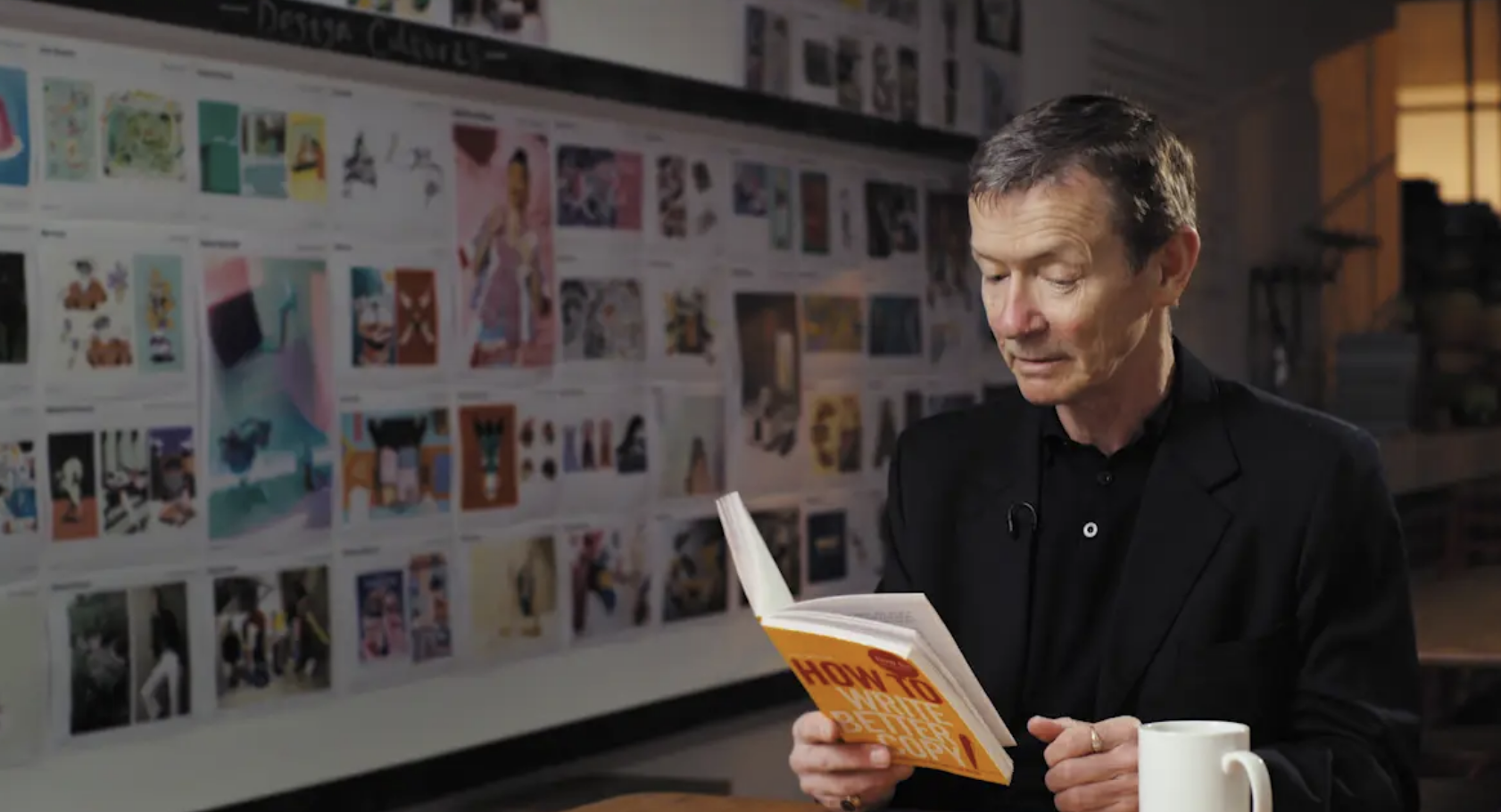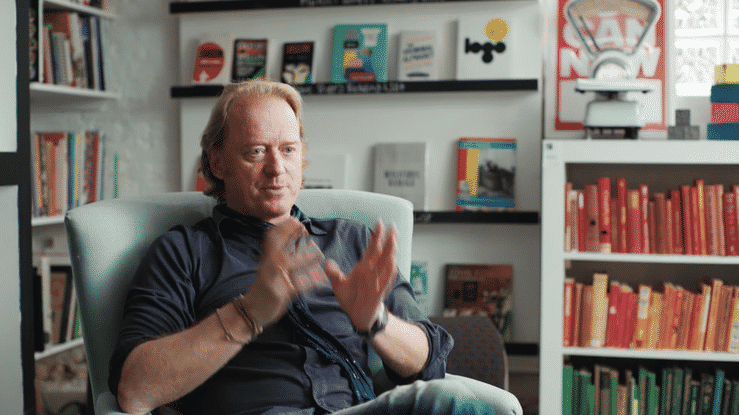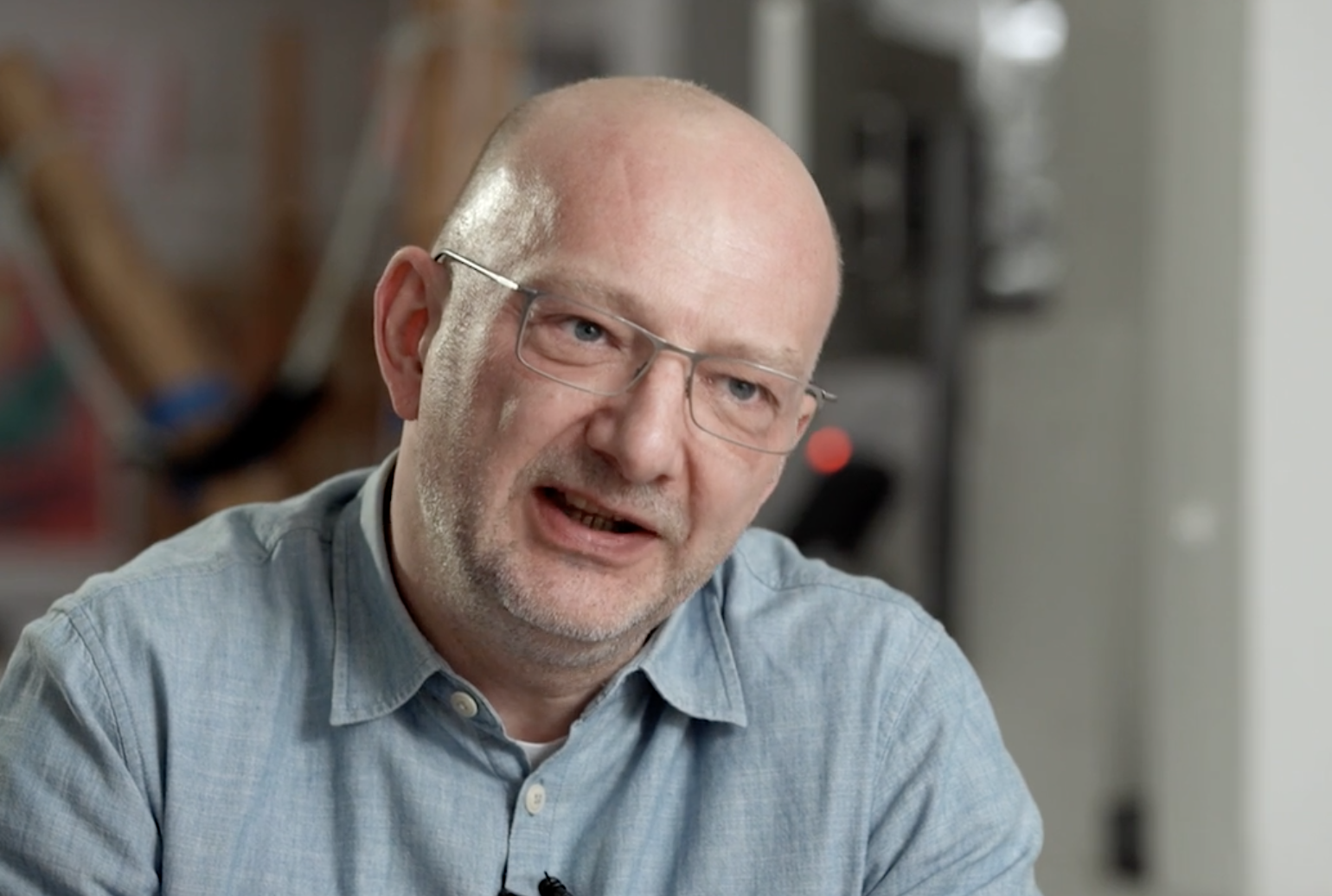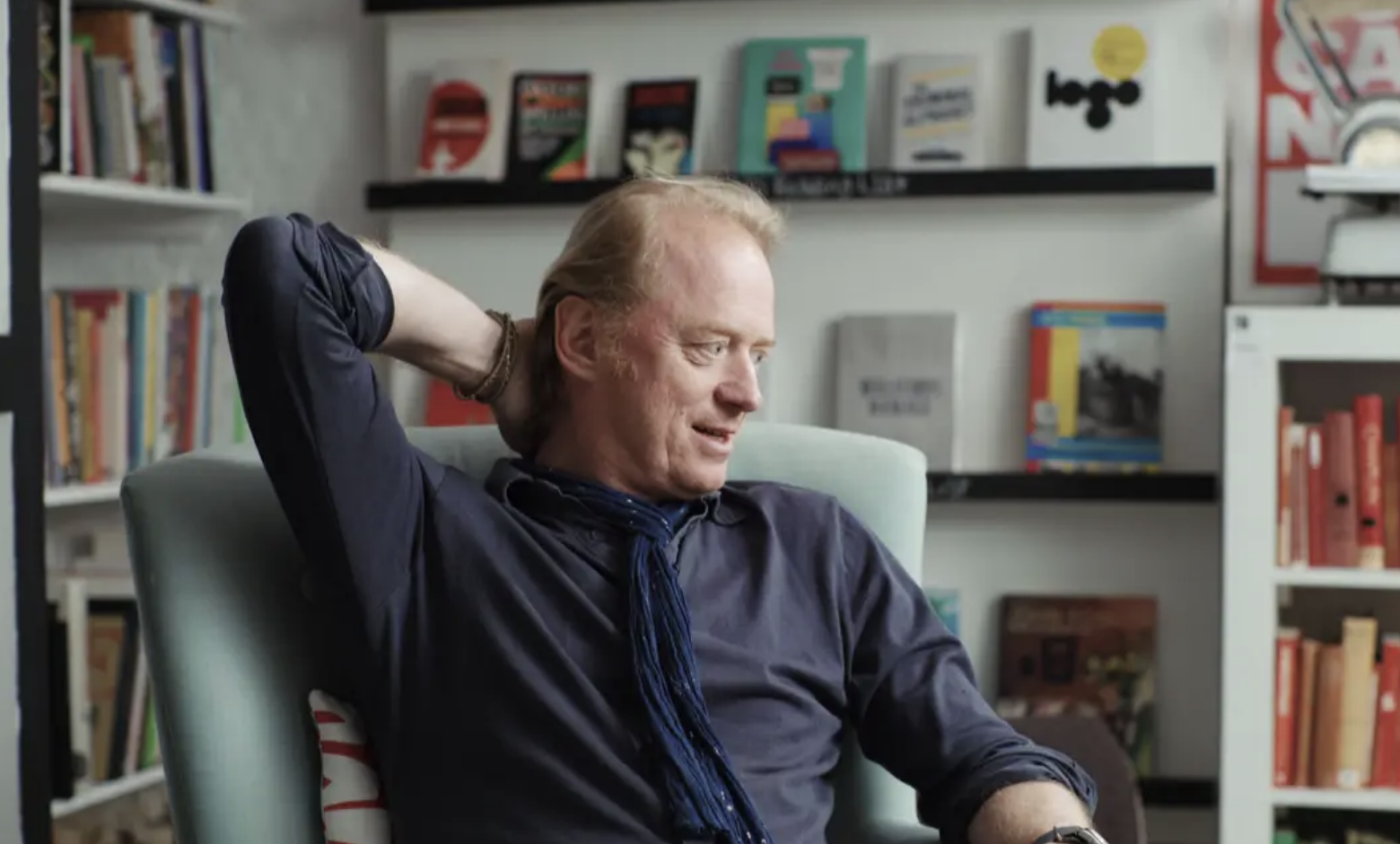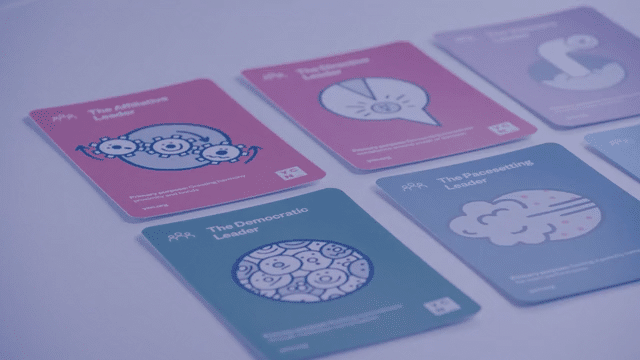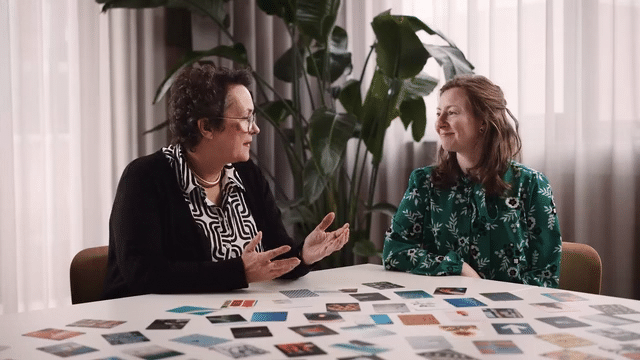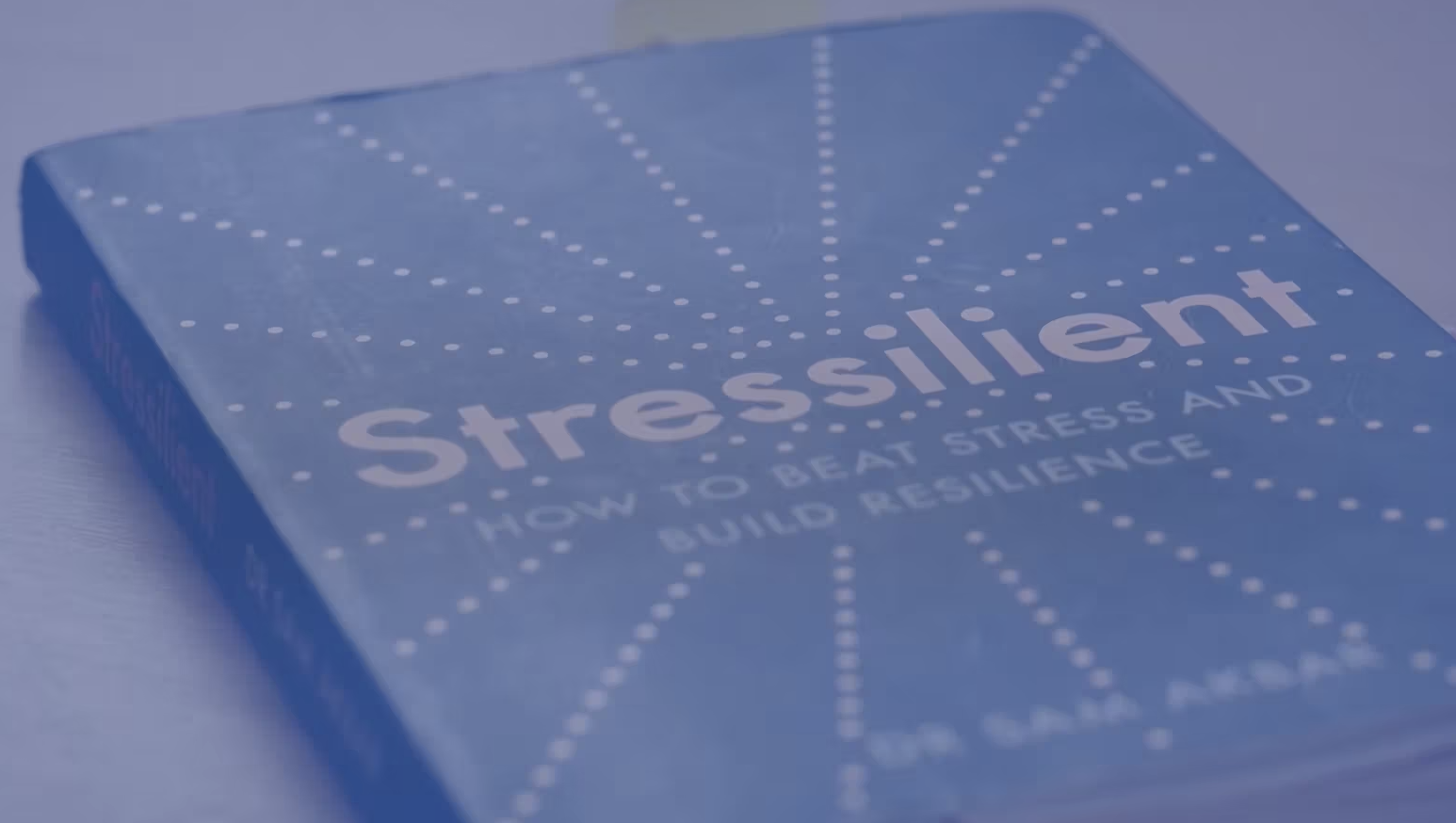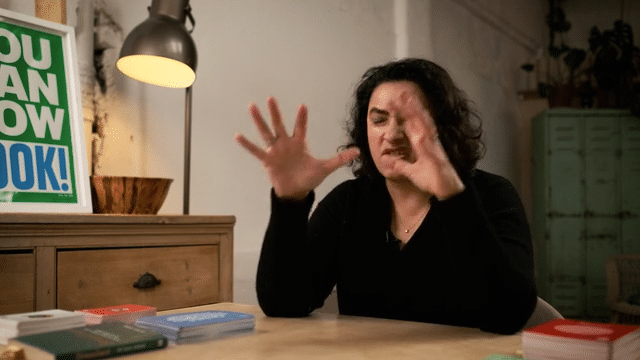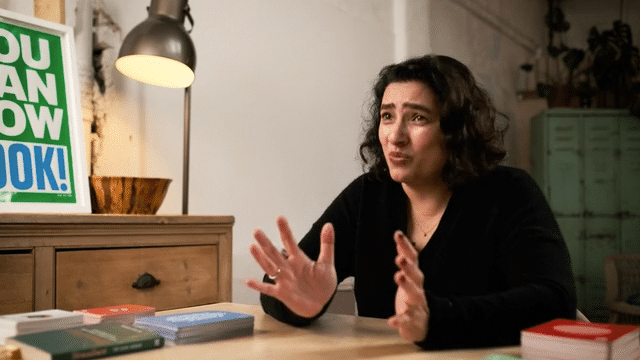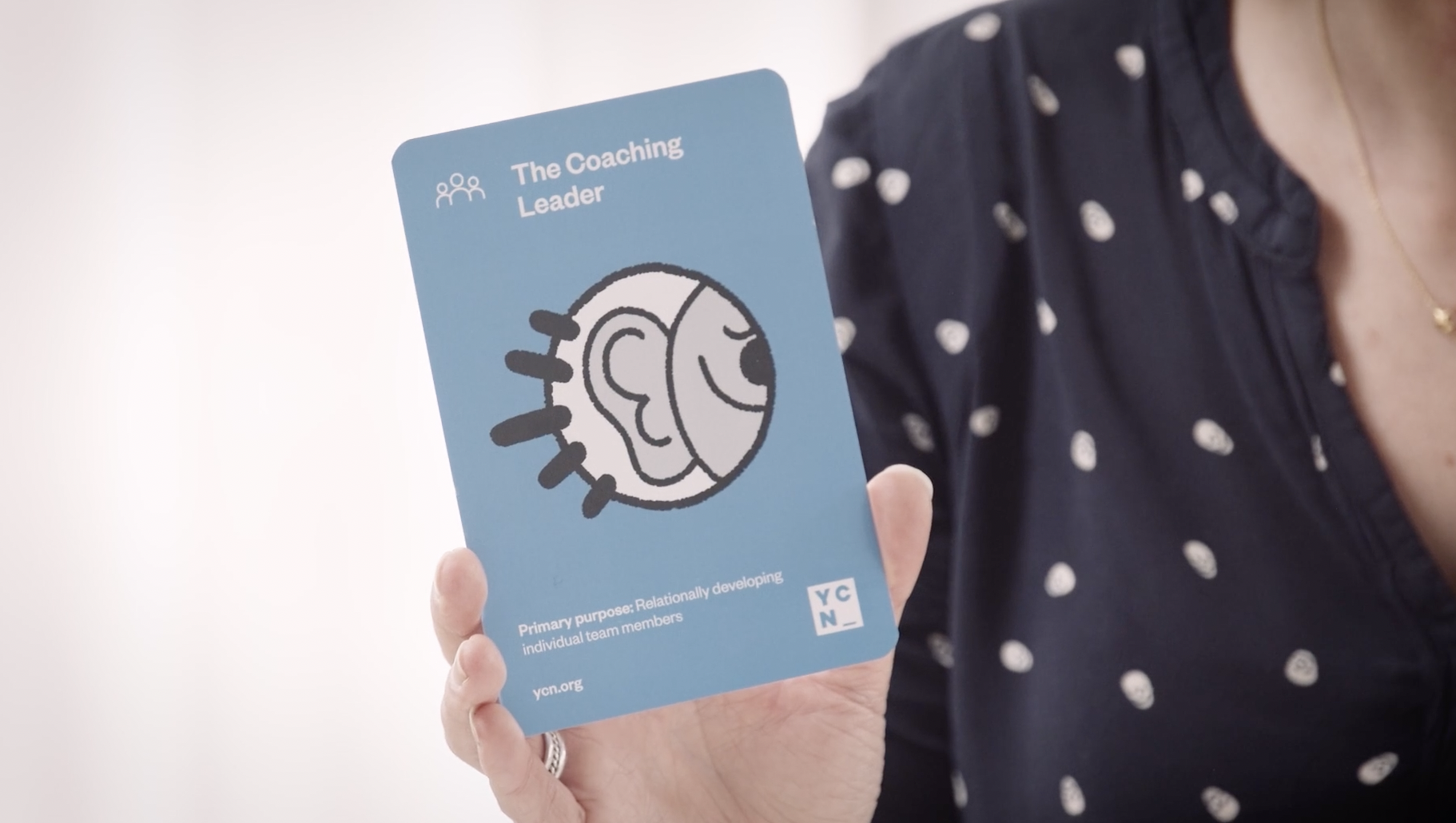Video
Neurodiversity know-how. Autism with Dr. Anne Cockayne
Neurodiversity know-how. Autism
In a nutshell:
Autism, also known as Autism Spectrum Disorder (ASD), is a neurodivergent condition characterised by difficulties with social interaction, communication, and sensory processing. Affecting around 1 in 100 people, autism is a spectrum condition, meaning that autistic people will present very differently and have very different support requirements.
A key thing to keep in mind with autism is Dr Steven Shore’s quote: ‘If you’ve met one autistic person, you’ve met one autistic person.”
Challenges that can come with Autism
Strengths that can come with Autism
🤔 Reflection question:
Where might these strengths be useful in your team right now?
Neuroinclusion, Autism and being proactive
To support autistic colleagues at work, it is important to be intentional in creating an inclusive environment in which strengths can be played to and everyday challenges are mitigated.
Some ways to do this could include:
• Providing clear and consistent communication, including written instructions and visual aids.
• Allowing flexibility in work schedule and environment.
• Being flexible around social interaction and teamwork. For example, not creating expectations around group gatherings or team bonding.
• Providing everyday accommodations such as noise-cancelling headphones or a permanent desk in a hot-desking environment.
• Providing training for colleagues on autism and neurodiversity more broadly.
• Discussing, encouraging and recognising the unique strengths and abilities of autistic team members, and finding regular ways for them to apply them.
As with all neurodivergent conditions, it’s important to remember that each person is unique and may have different needs, and support requirements. Open communication is key for finding out what specific accommodations and support they may require, and what’s helped (or hindered) in past roles.
Collaborate with Anne, and others
Here you'll find regular live sessions, led by Dr. Anne Cockayne — offering a chance to dig more deeply into neurodivergent conditions, and to identify opportunities for greater neuroinclusion at work.
